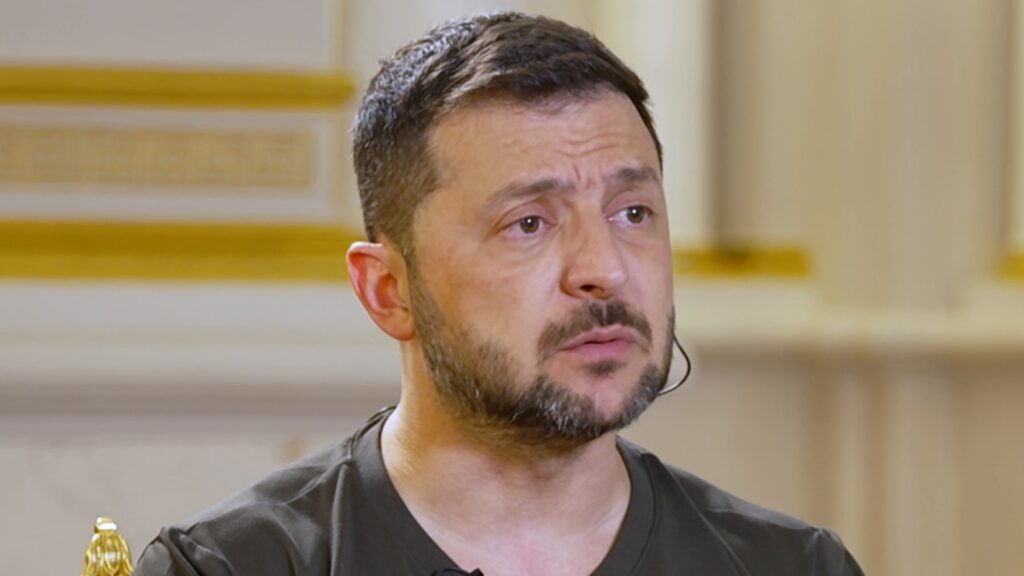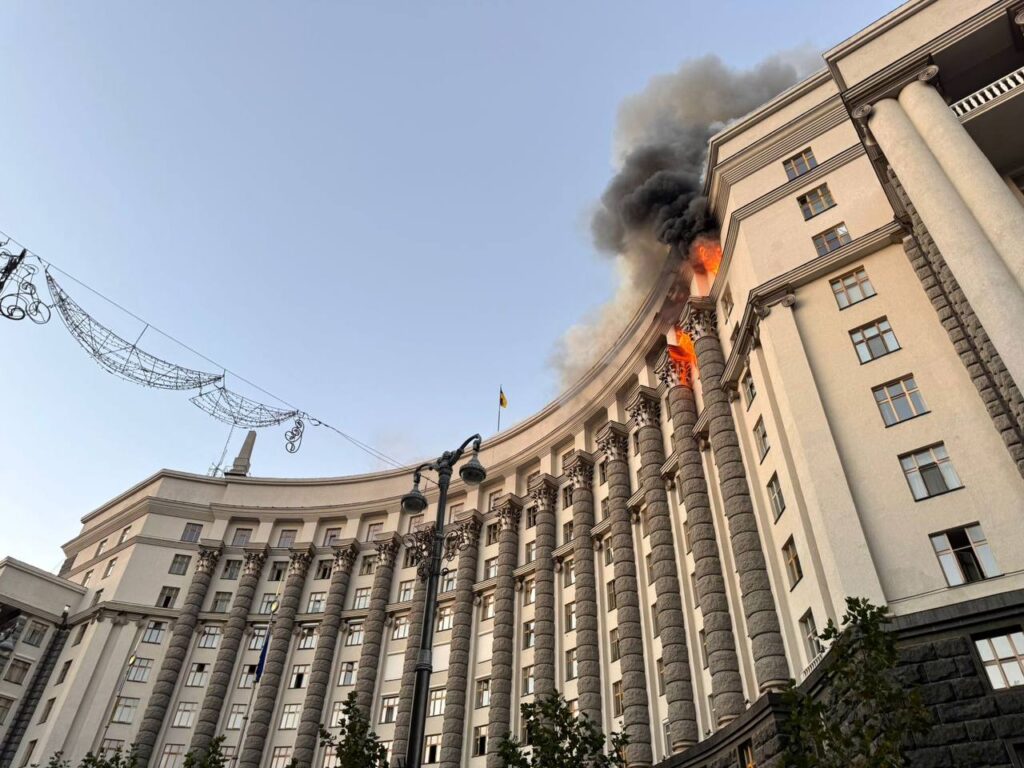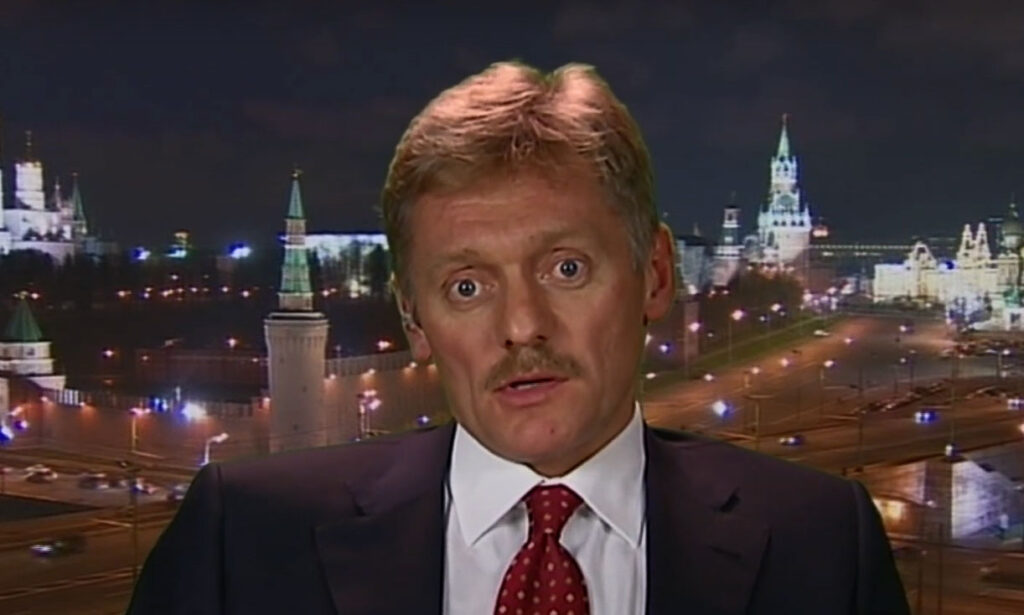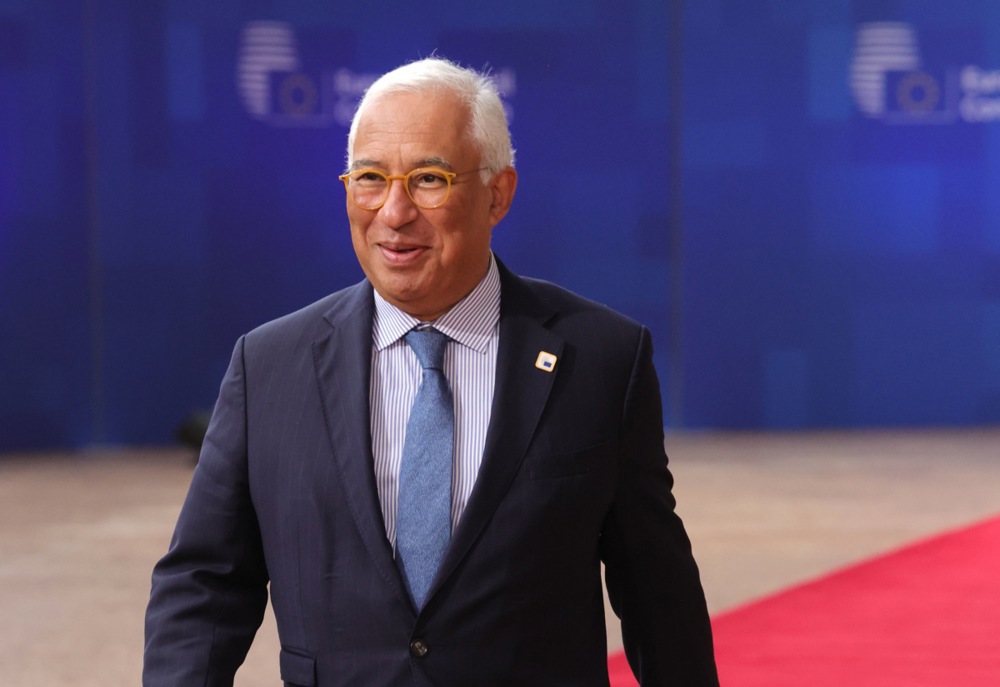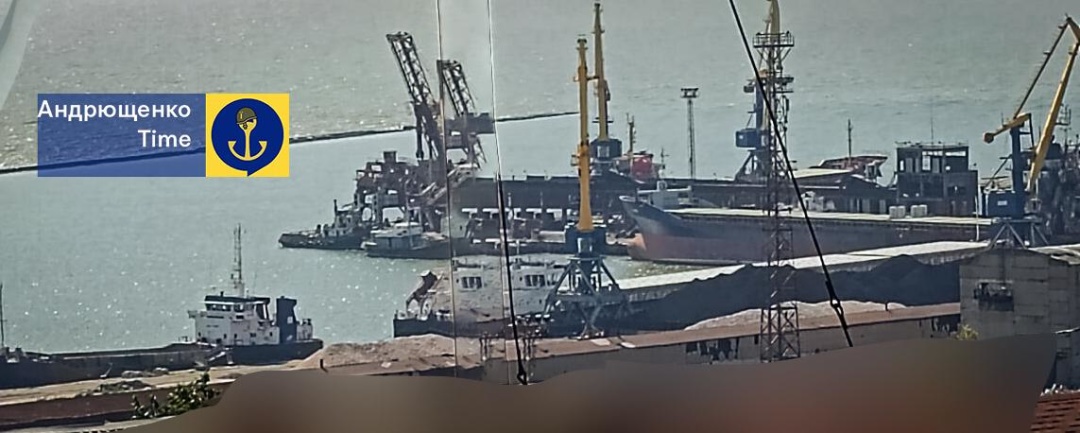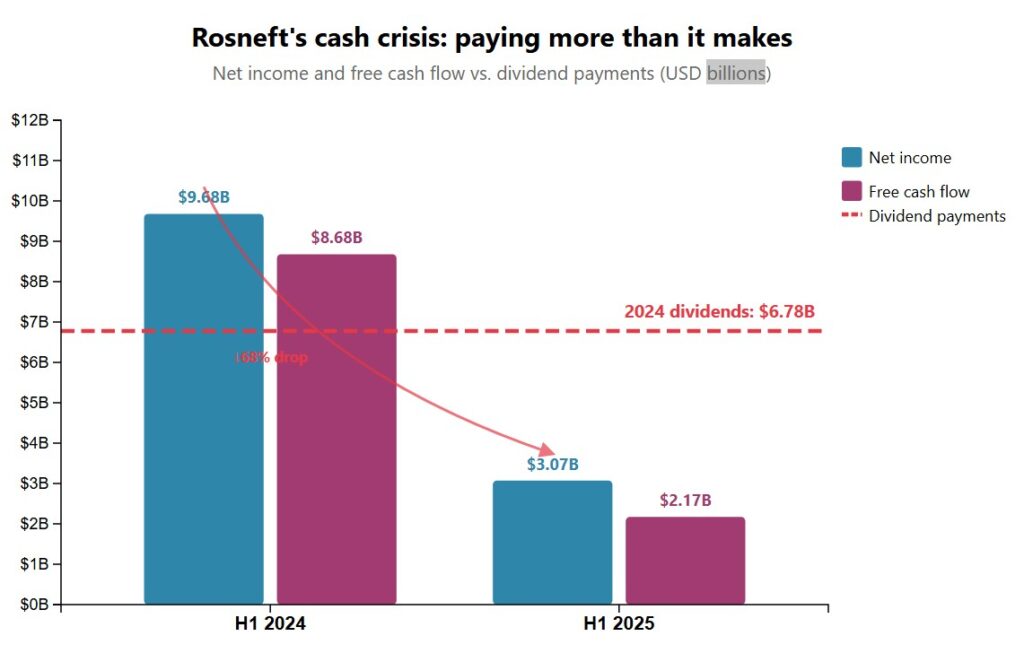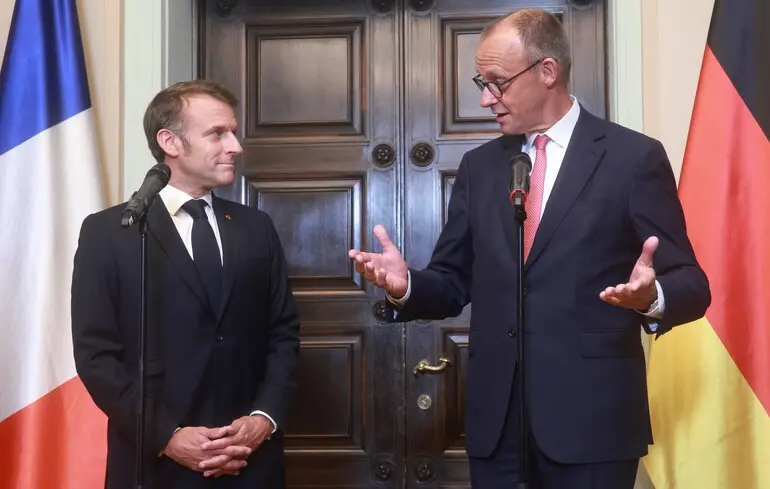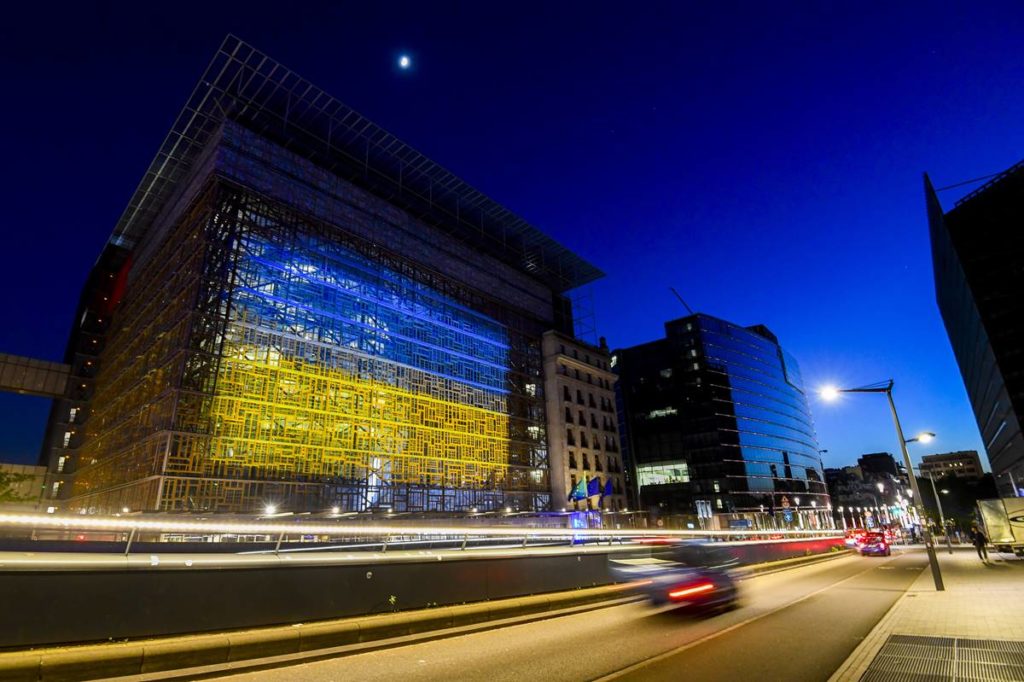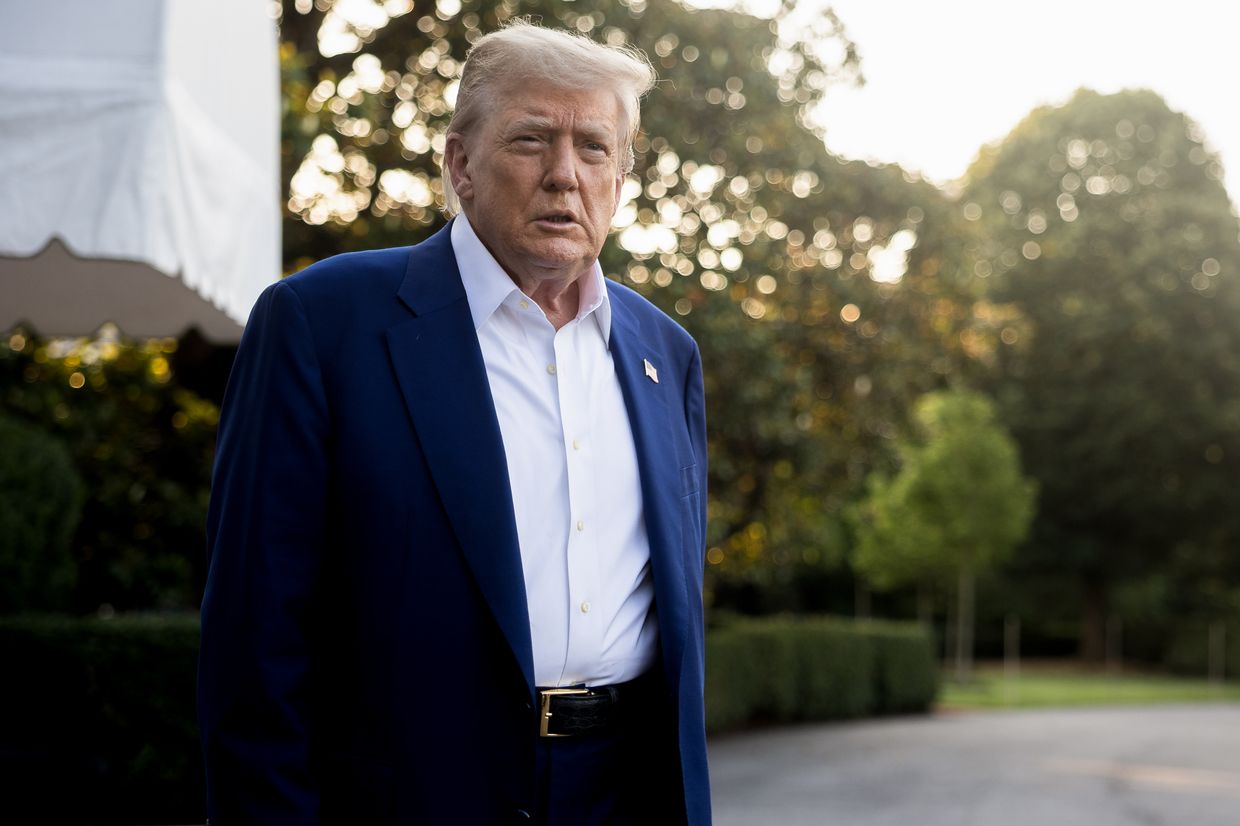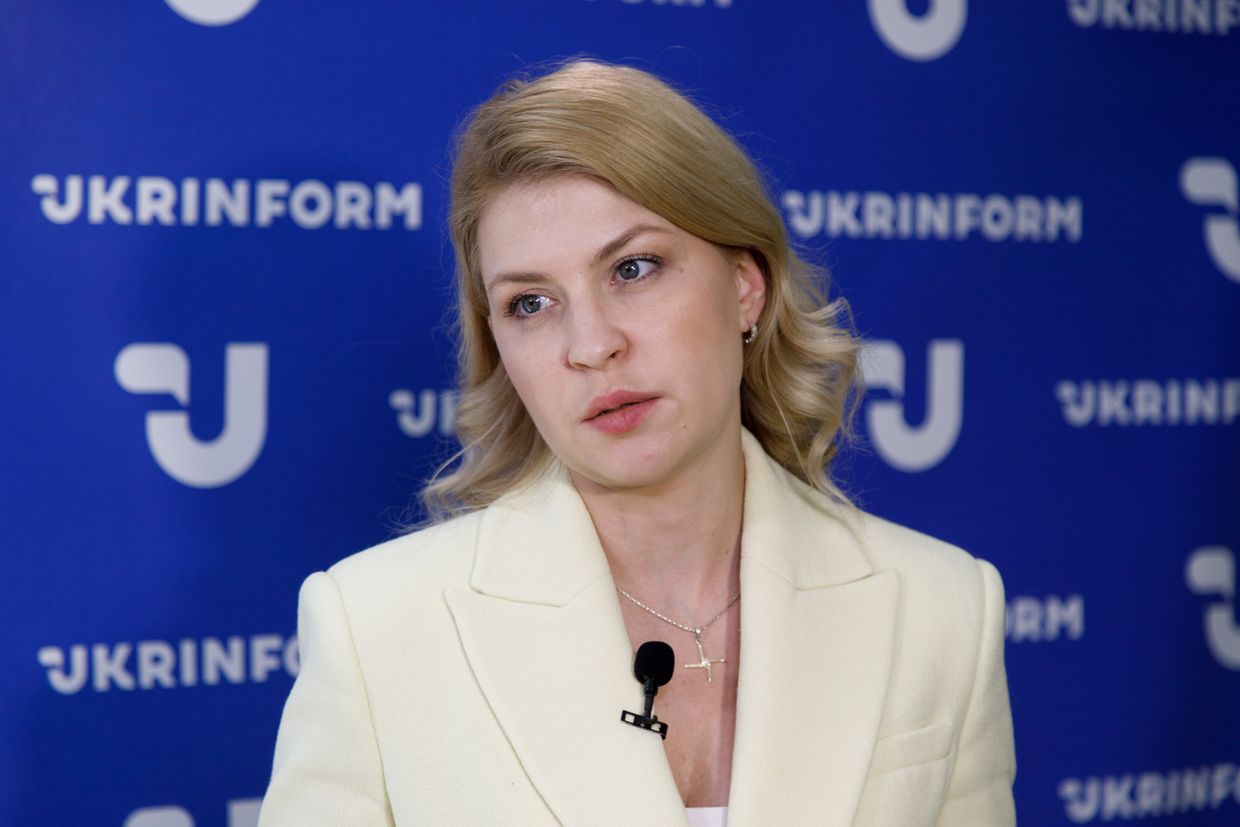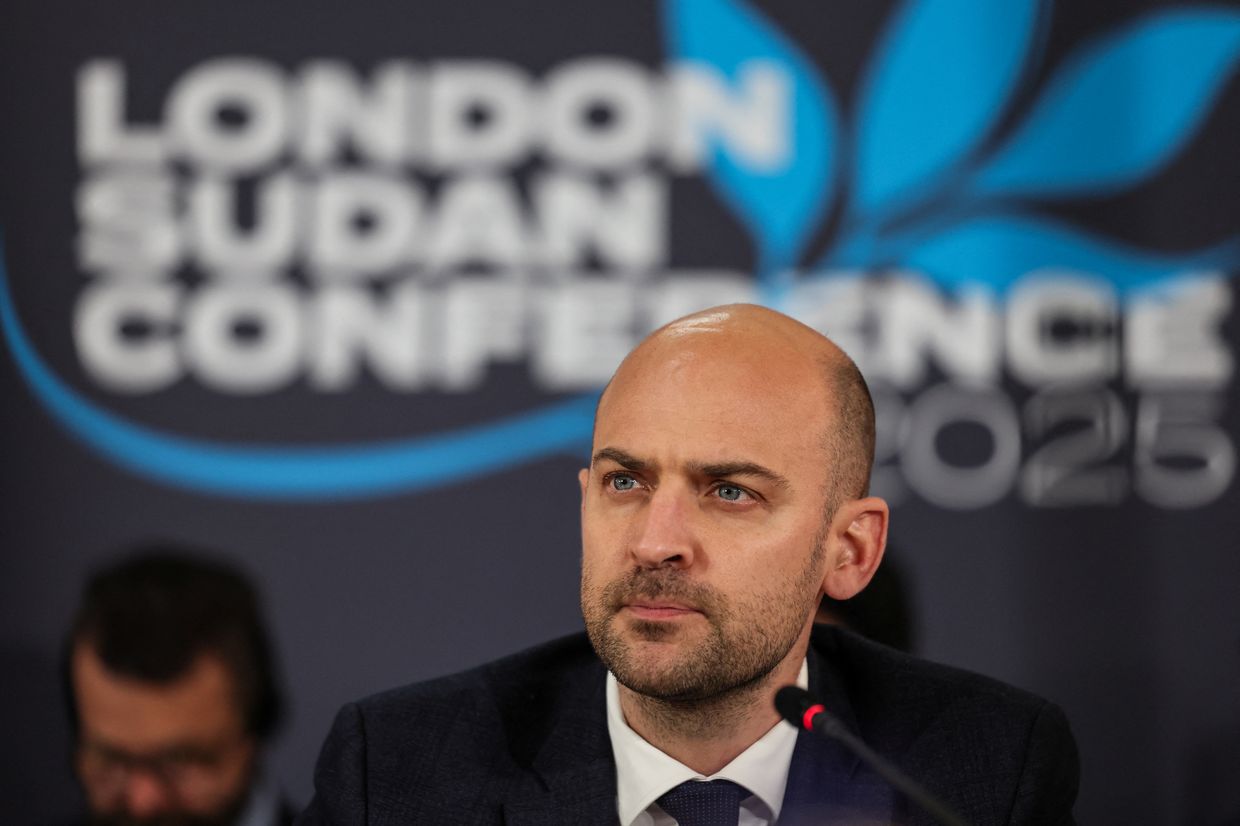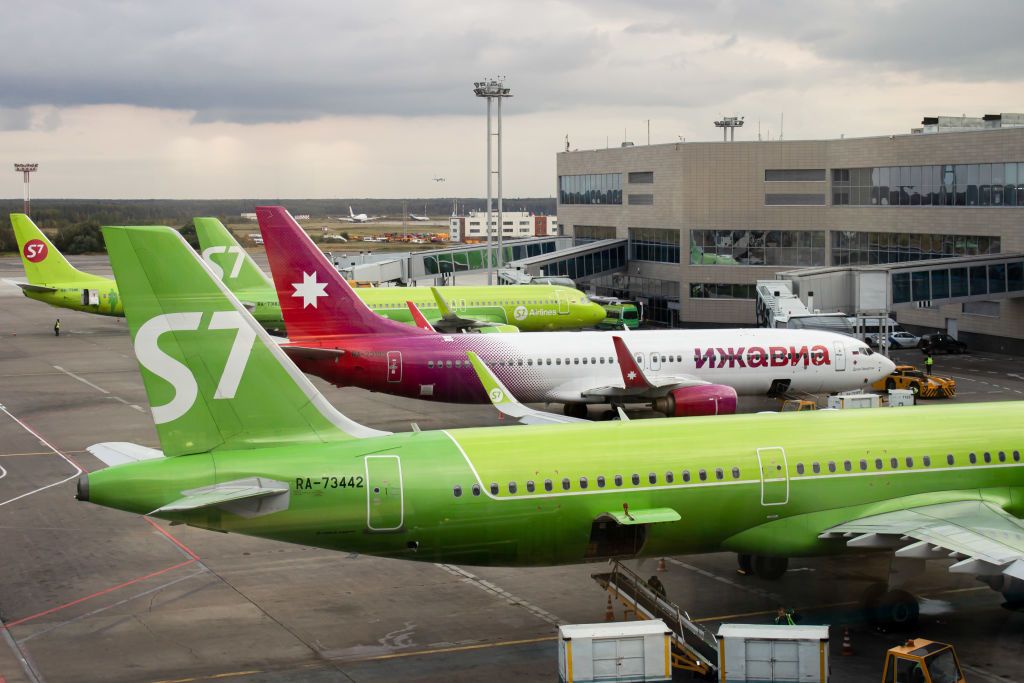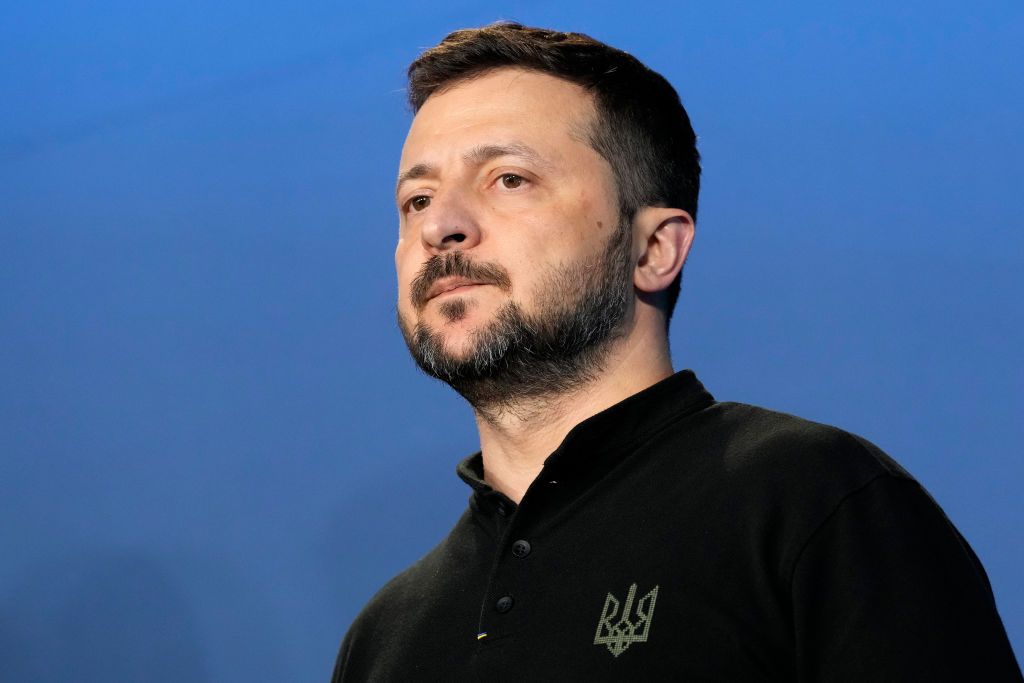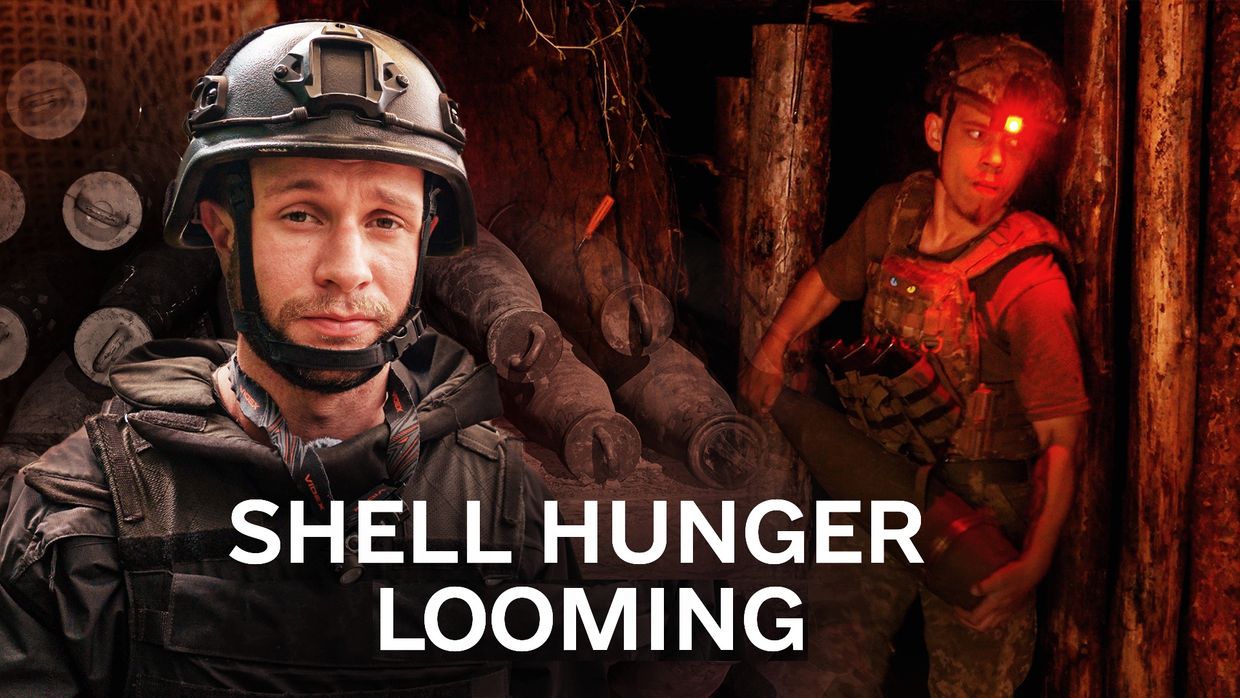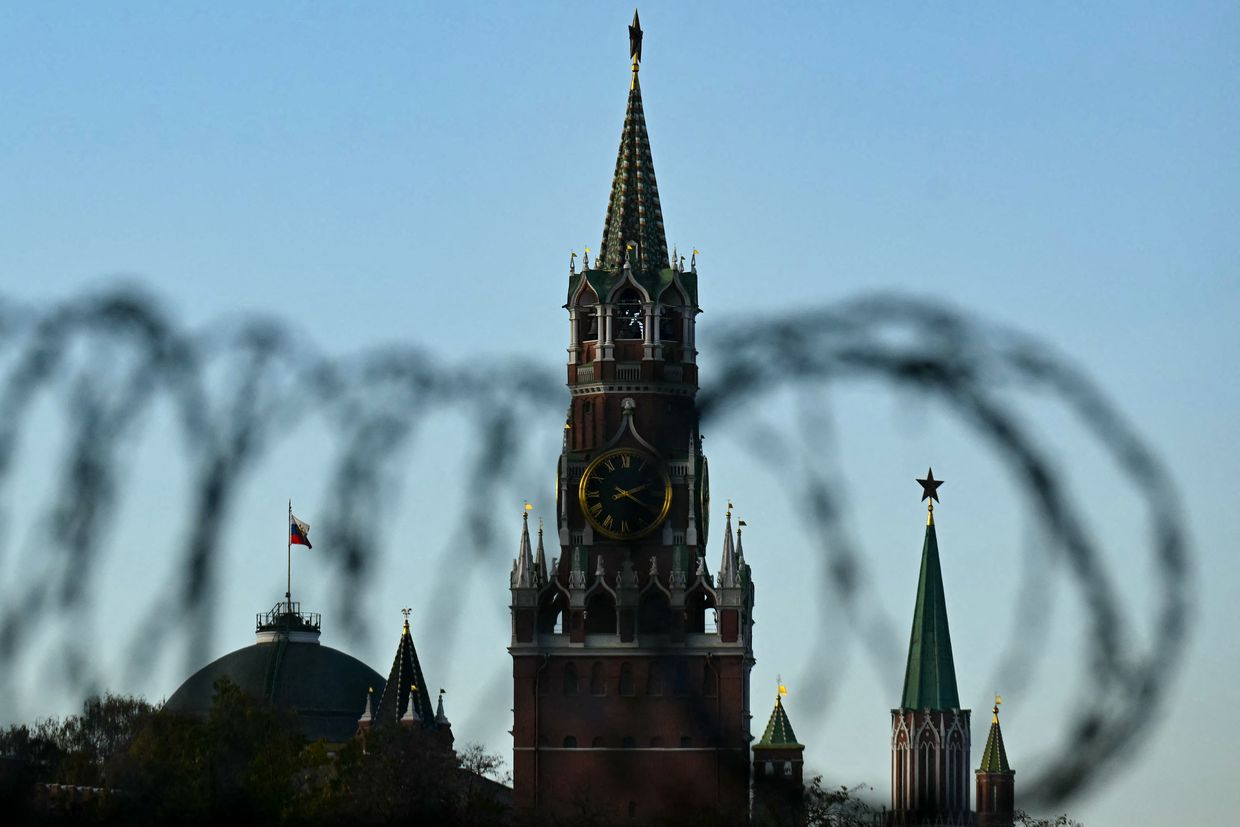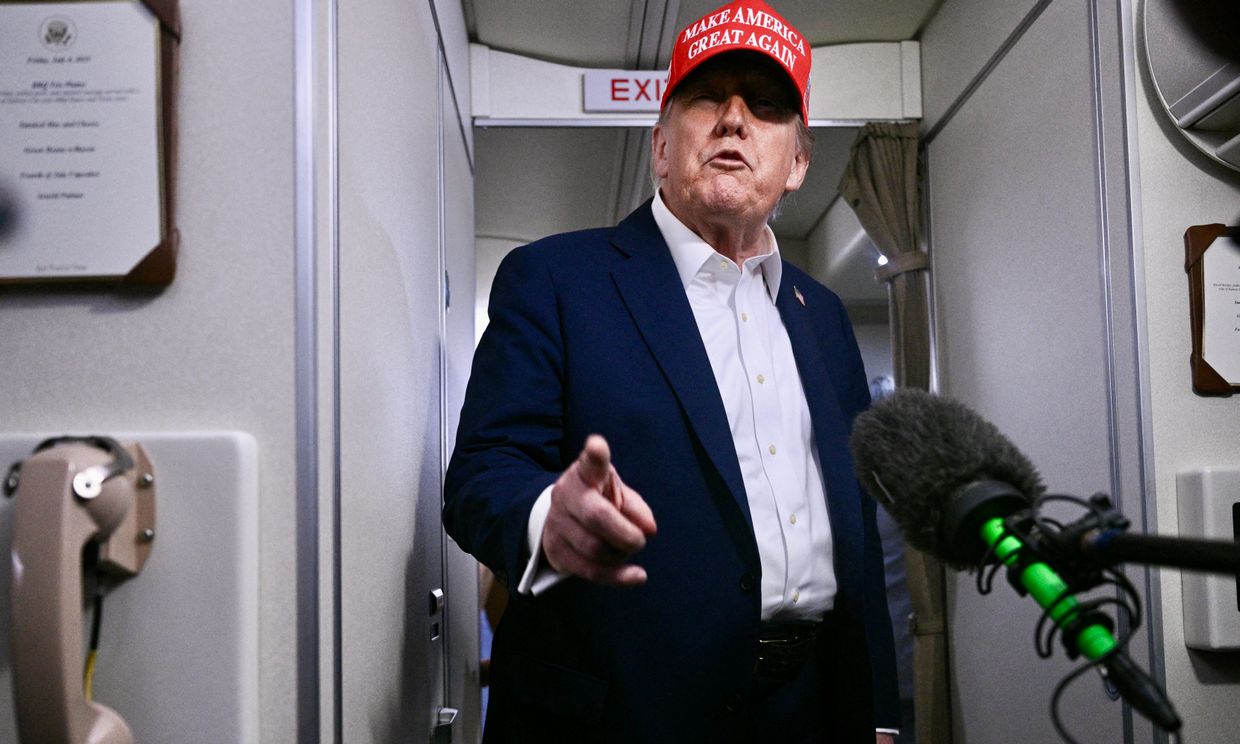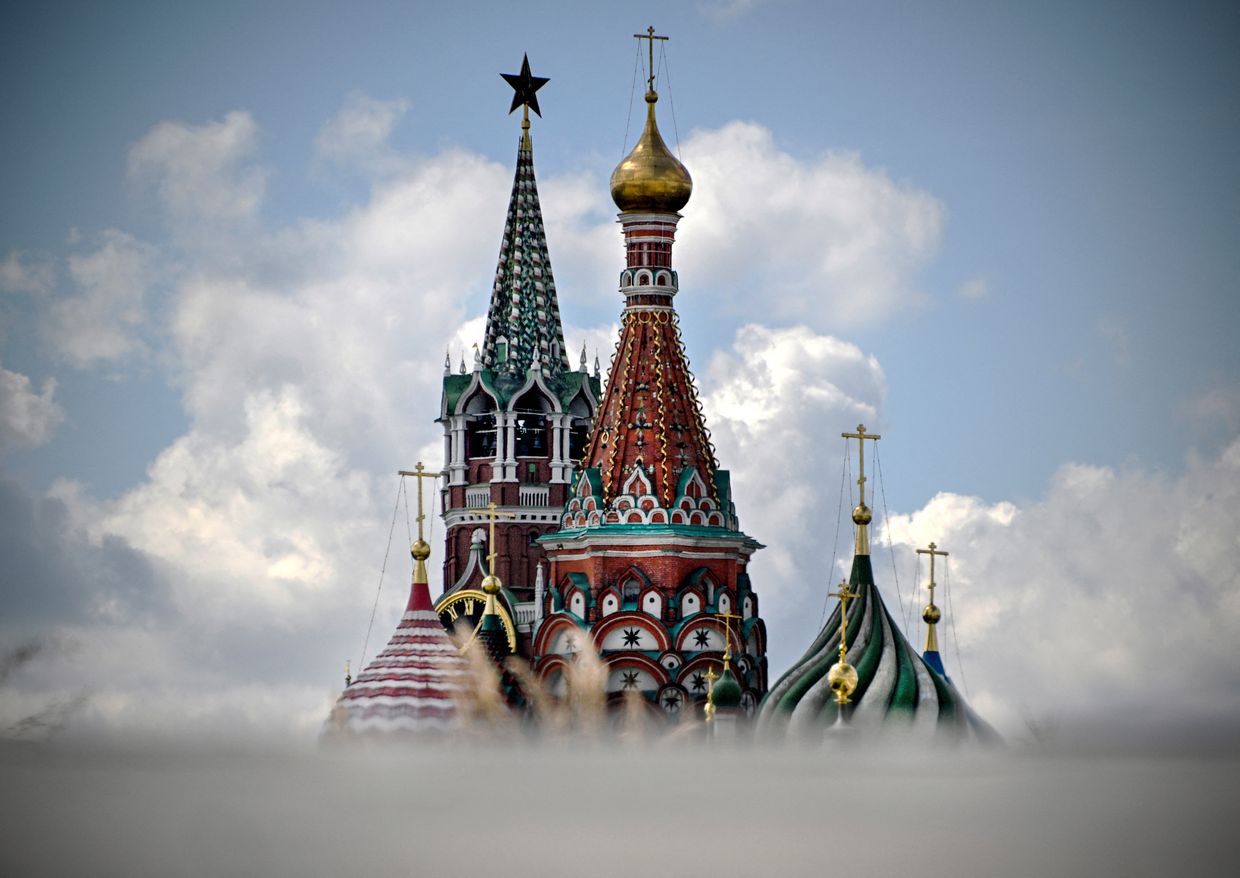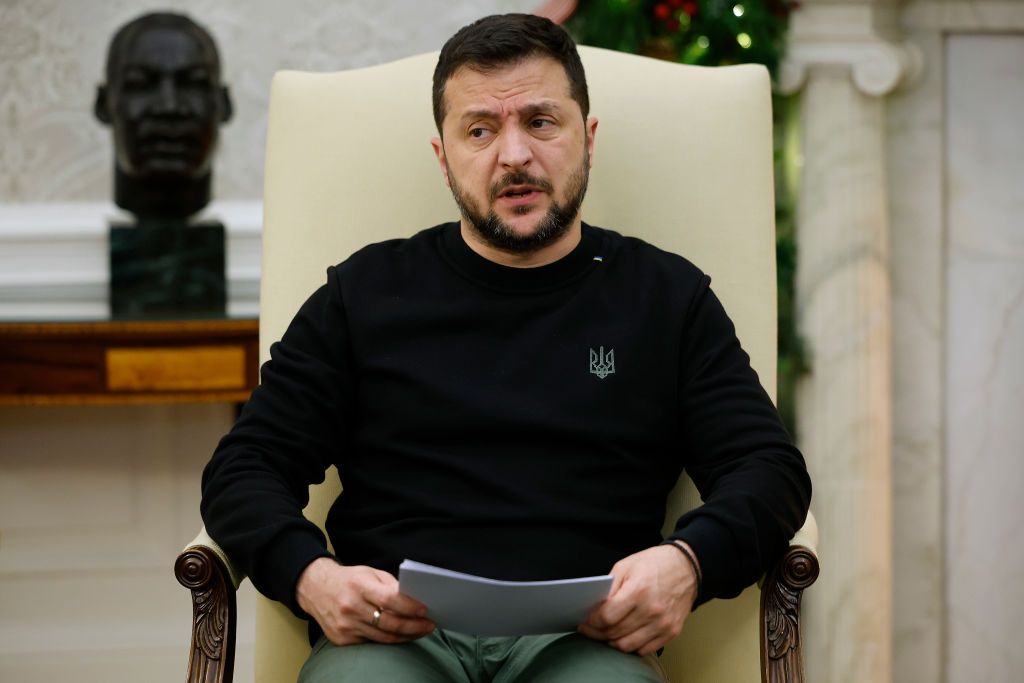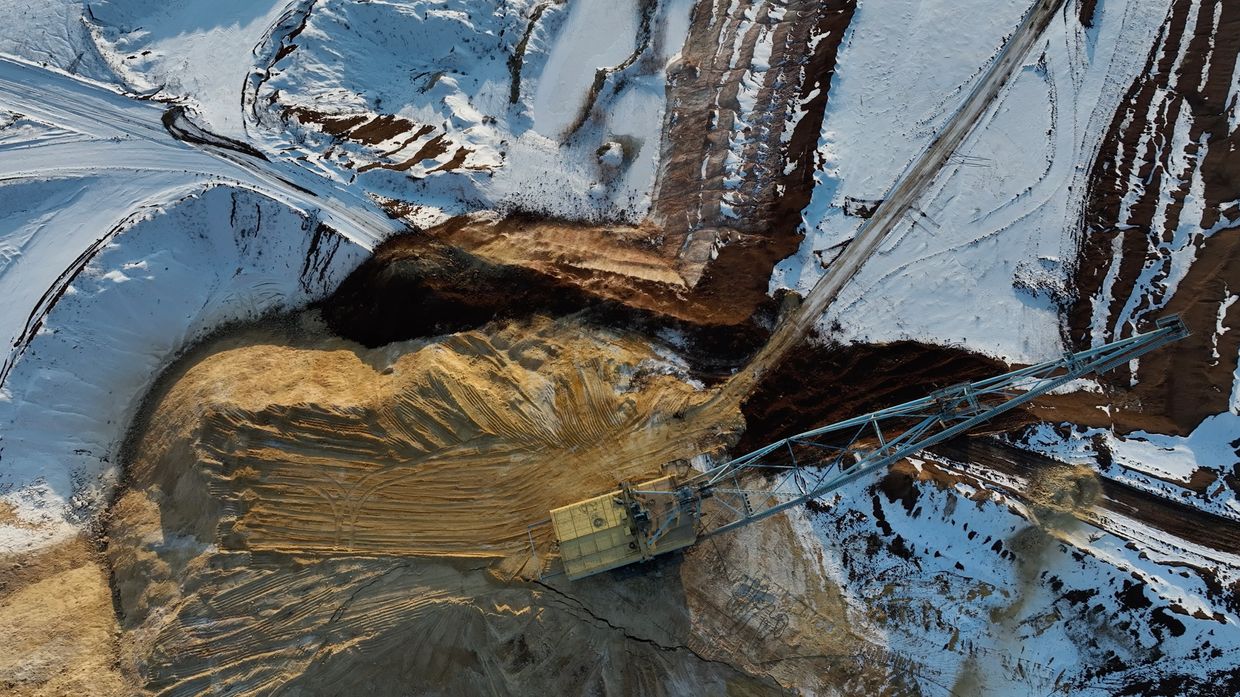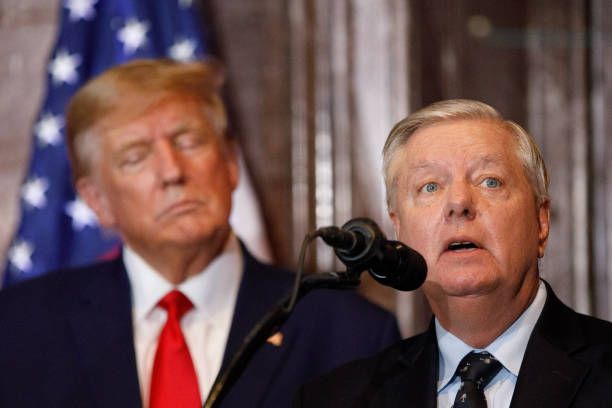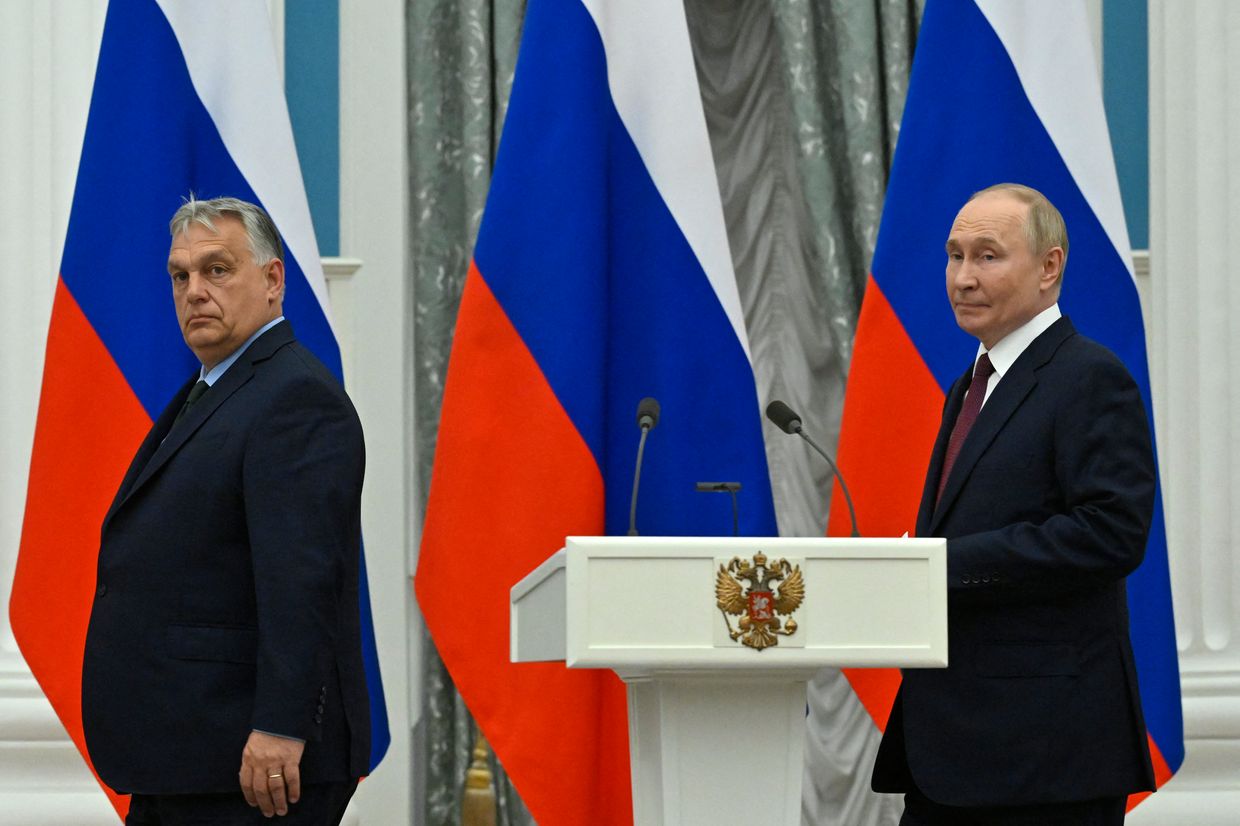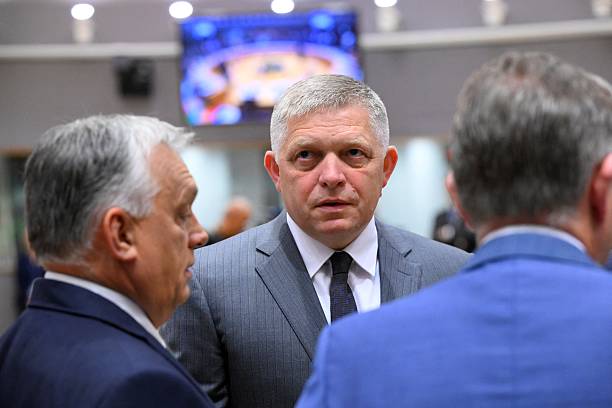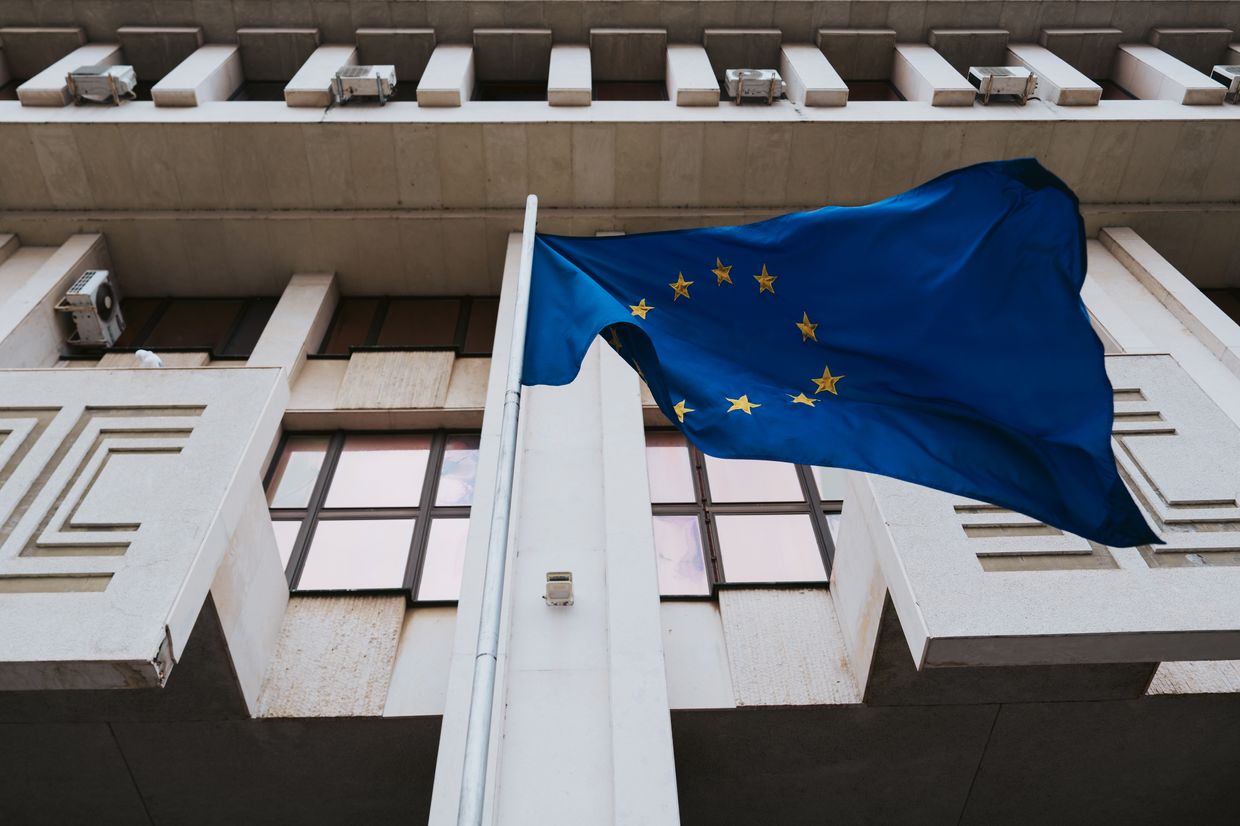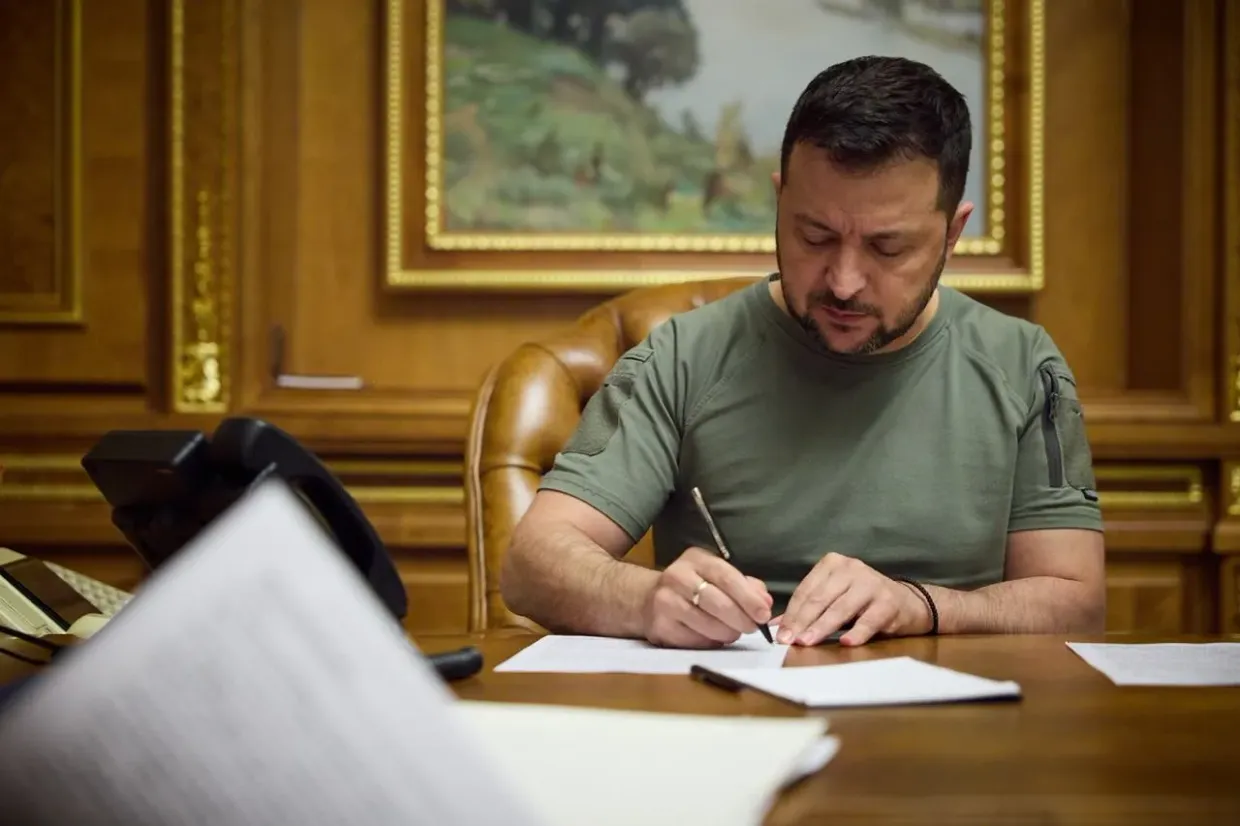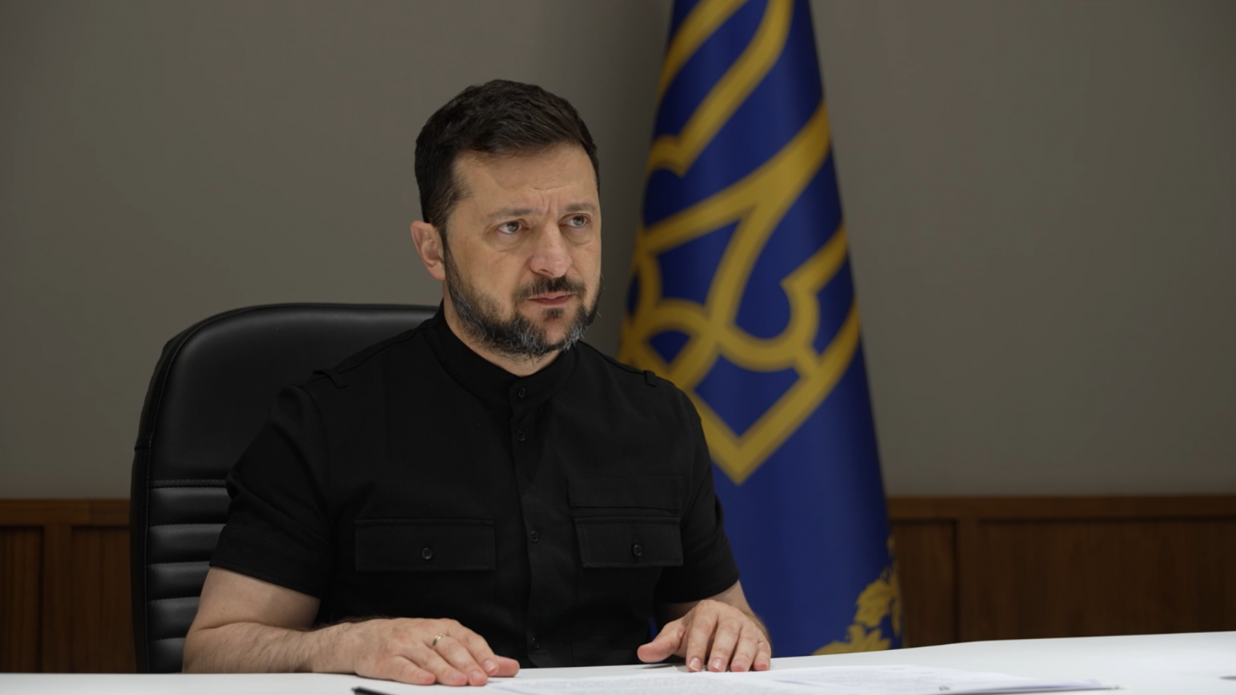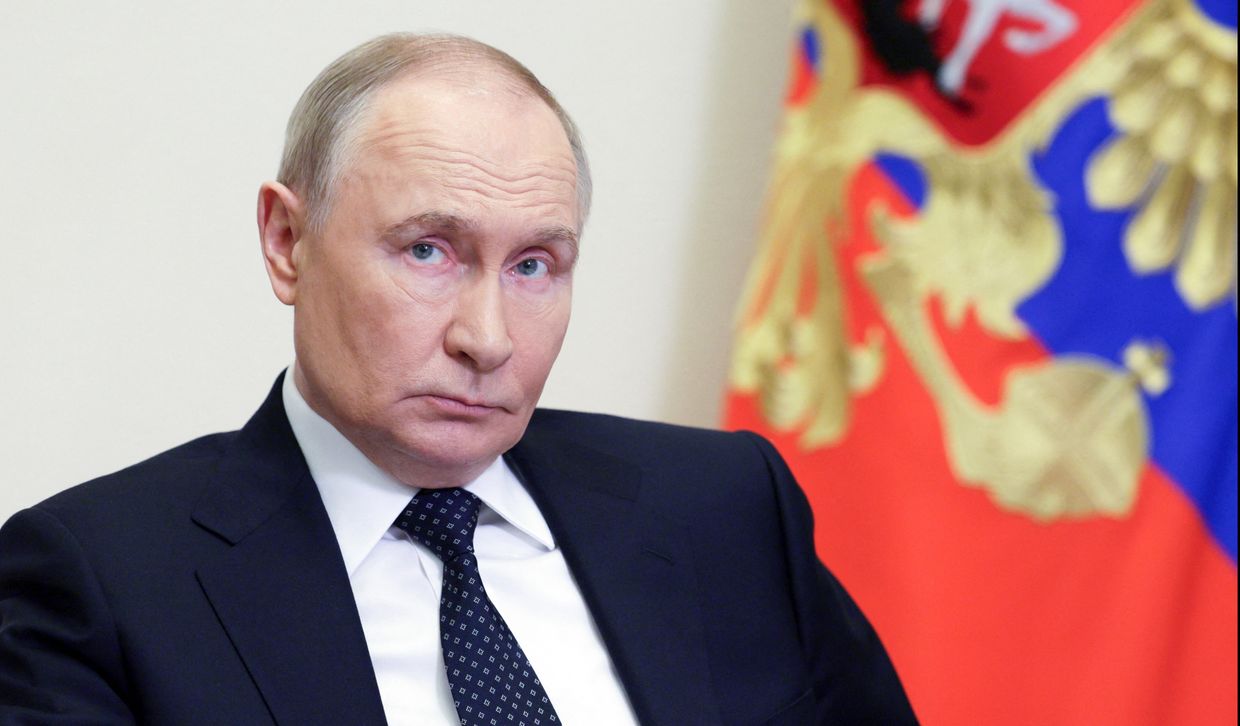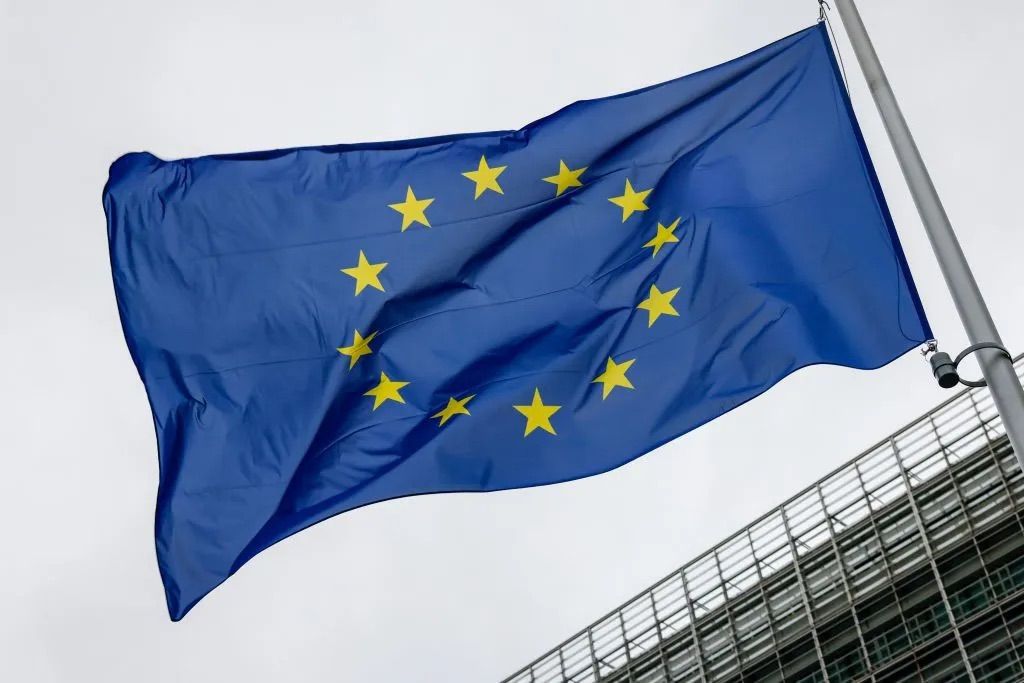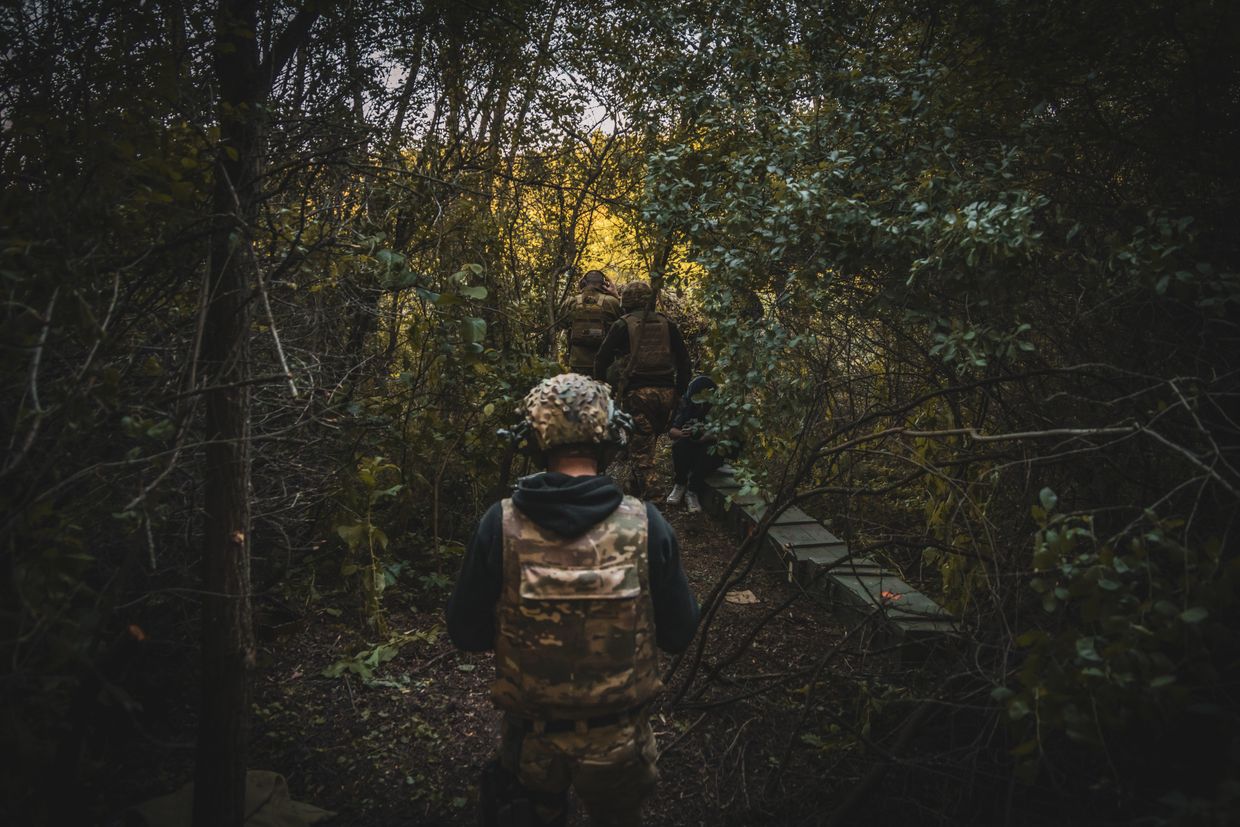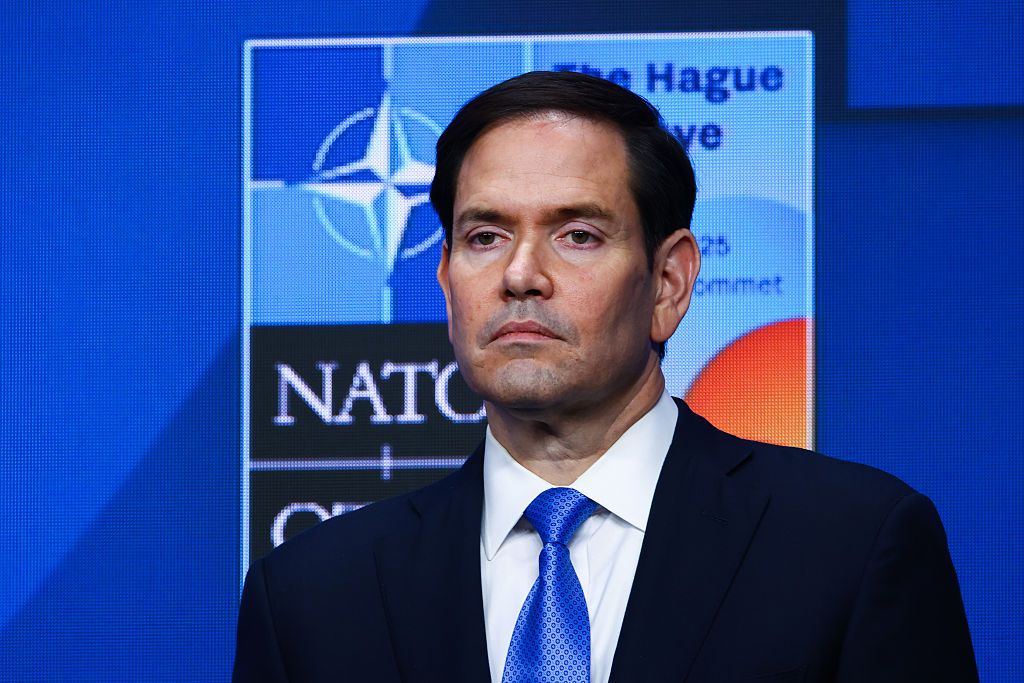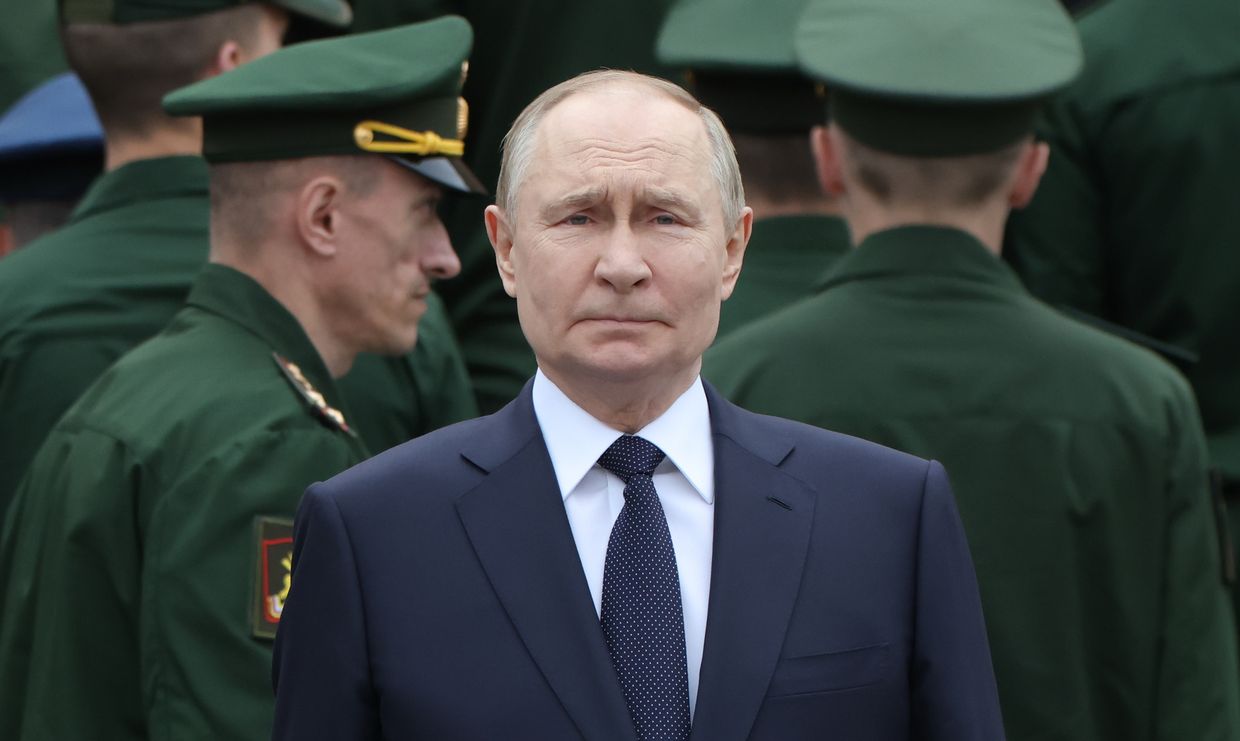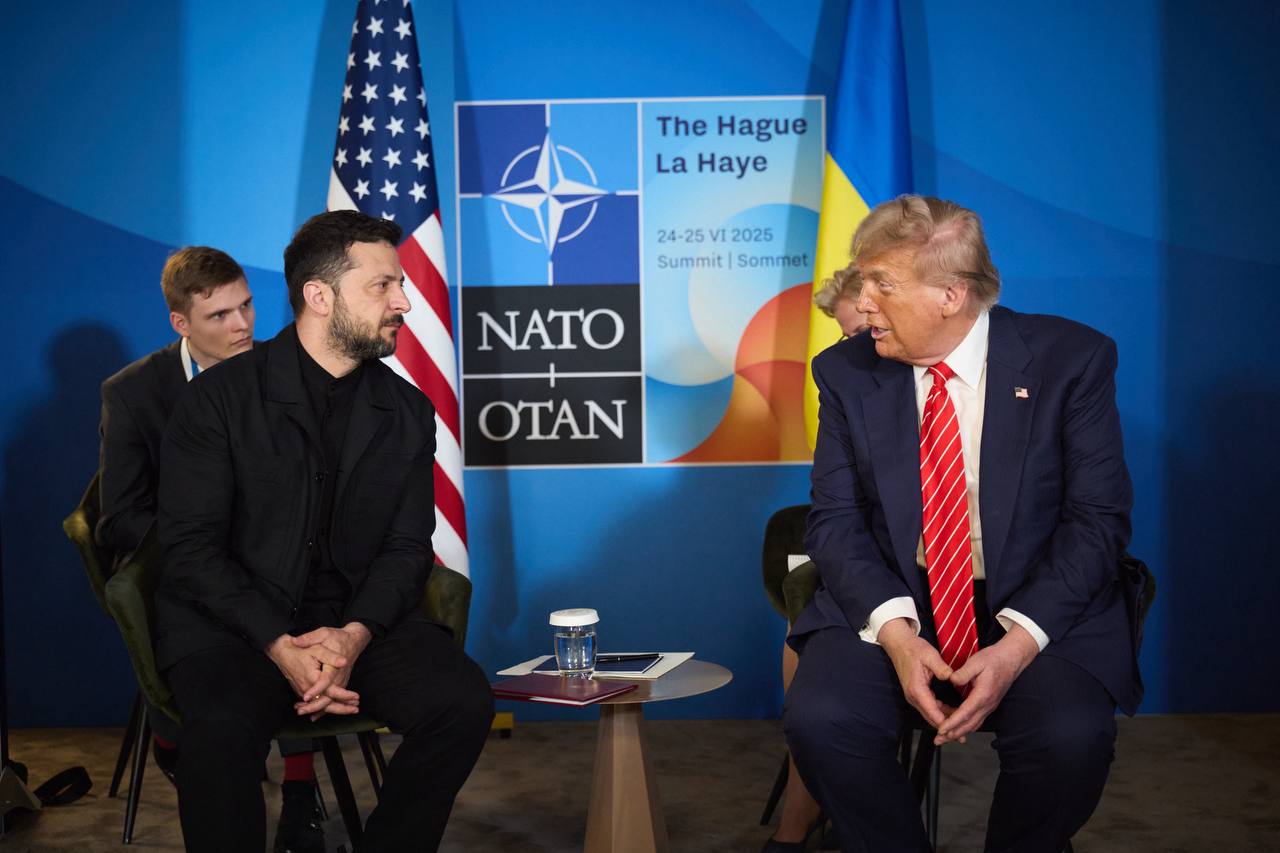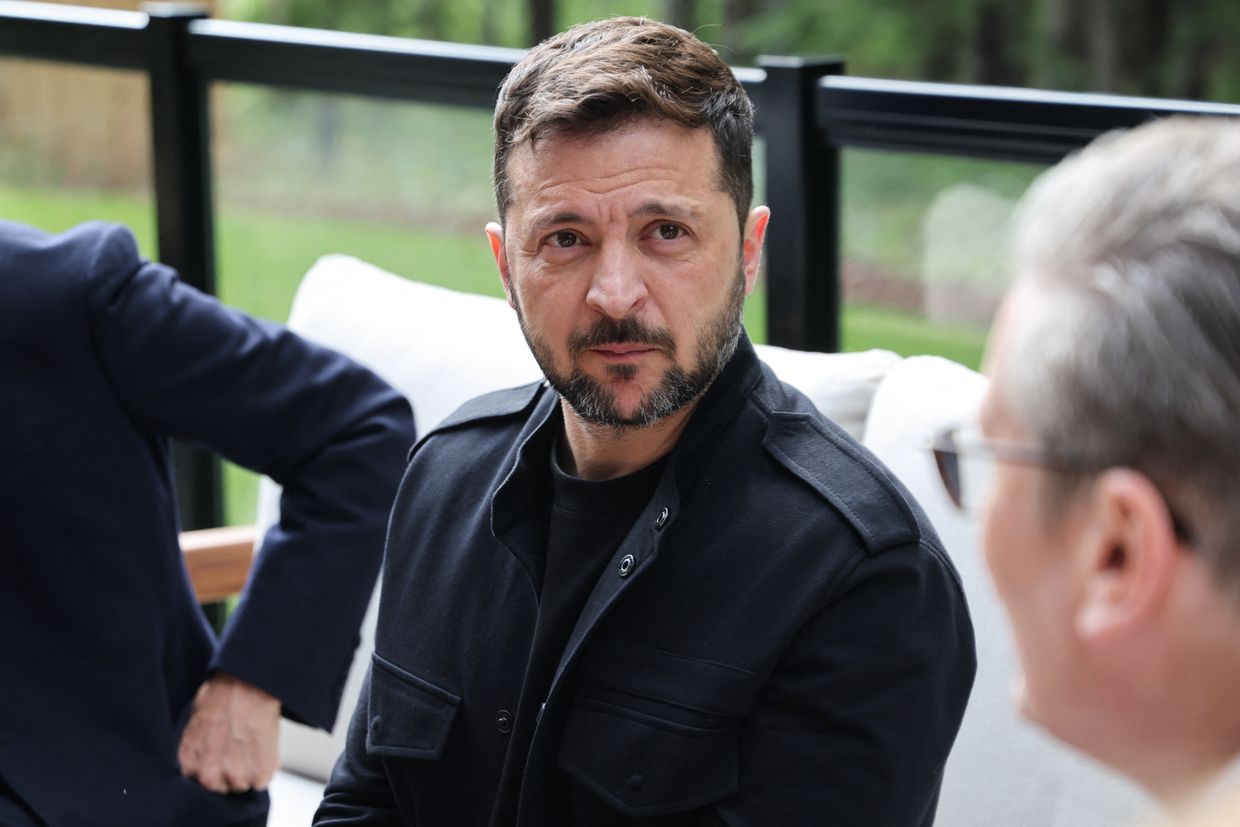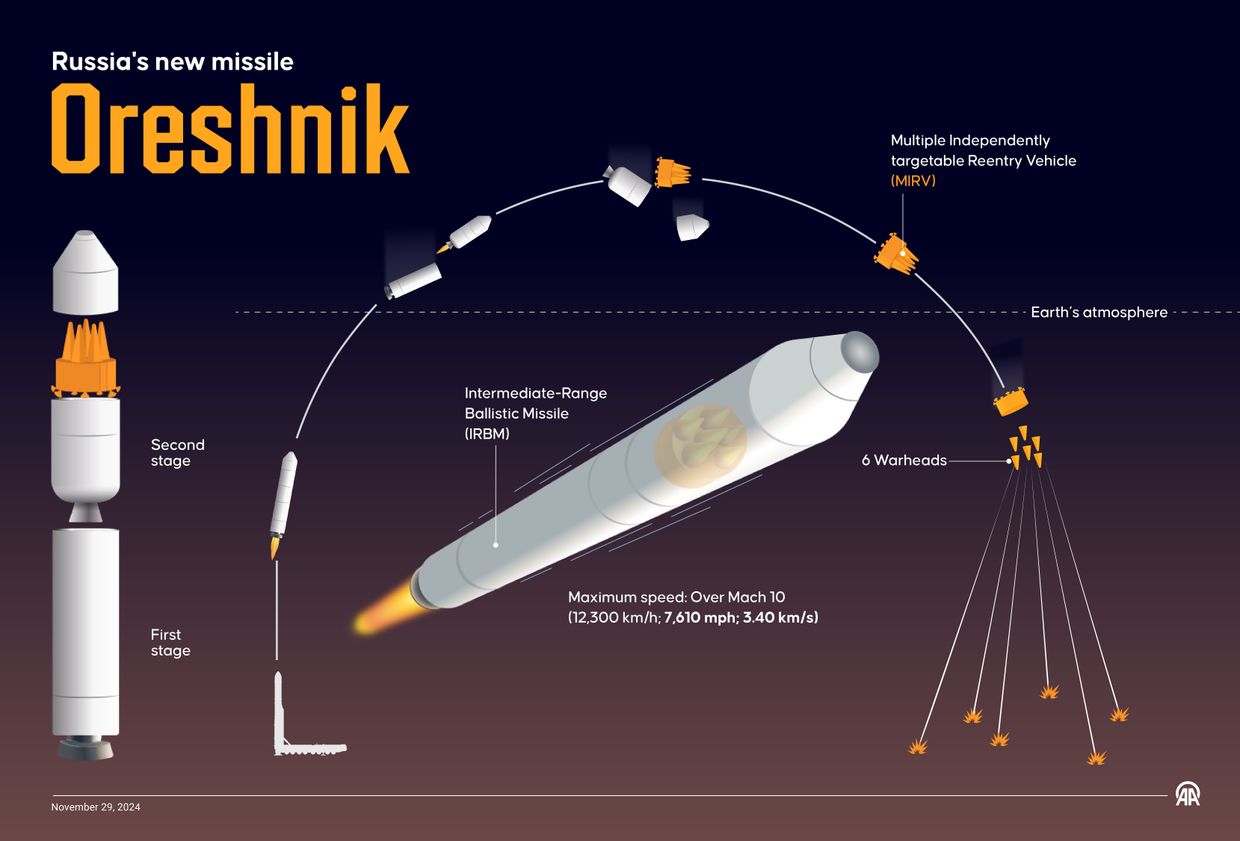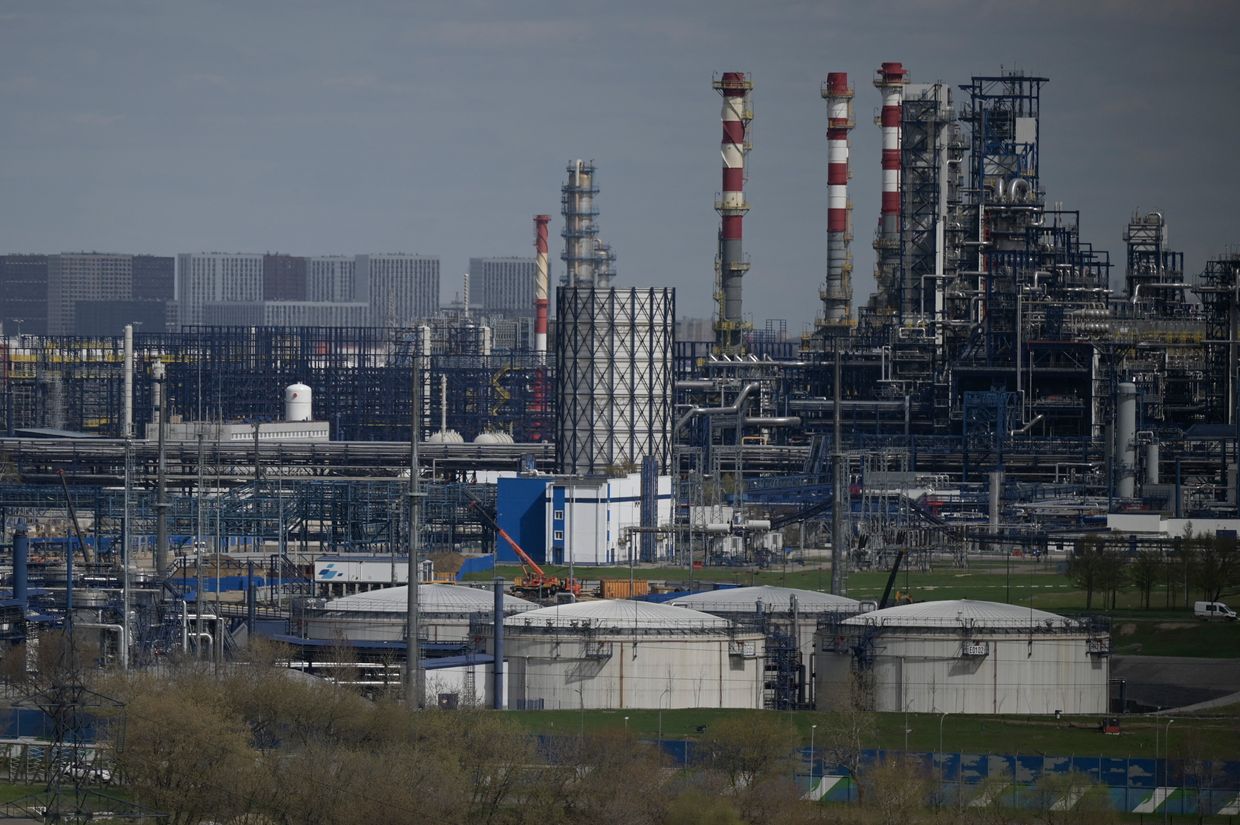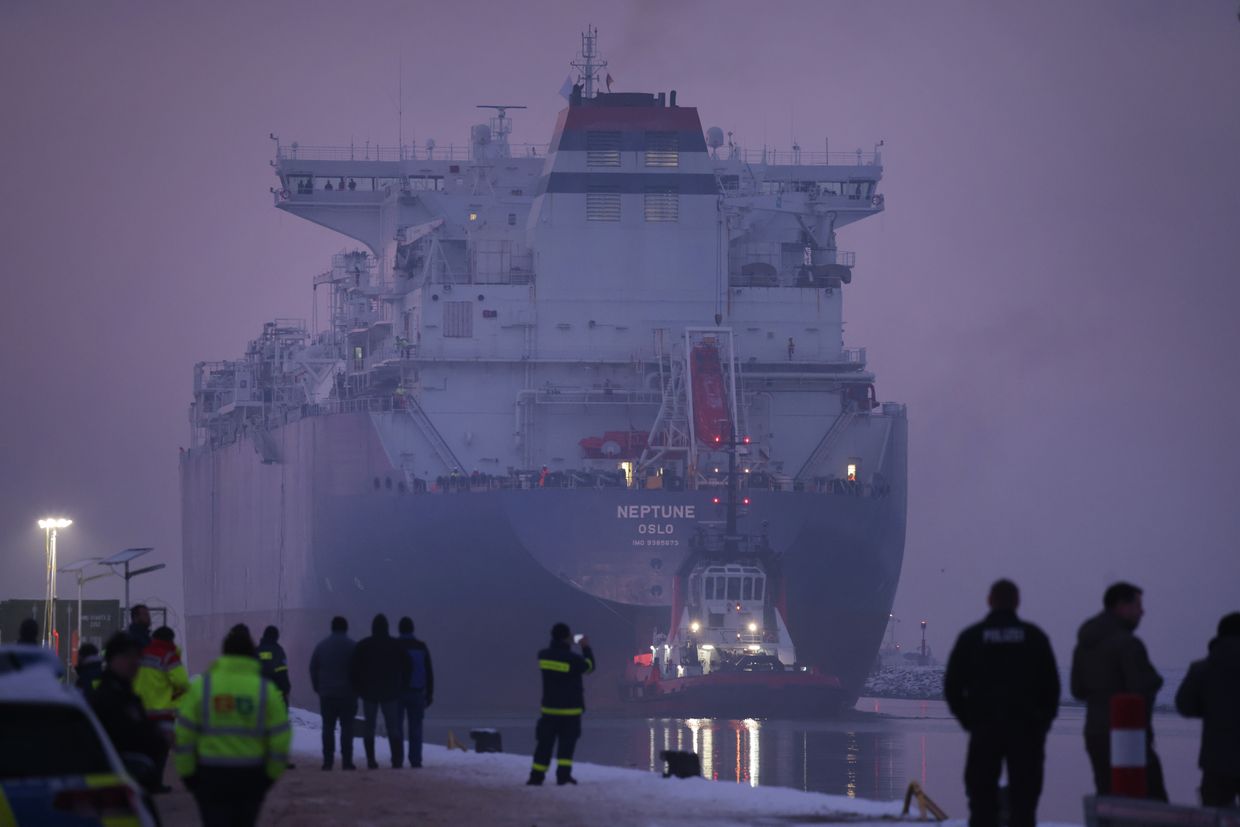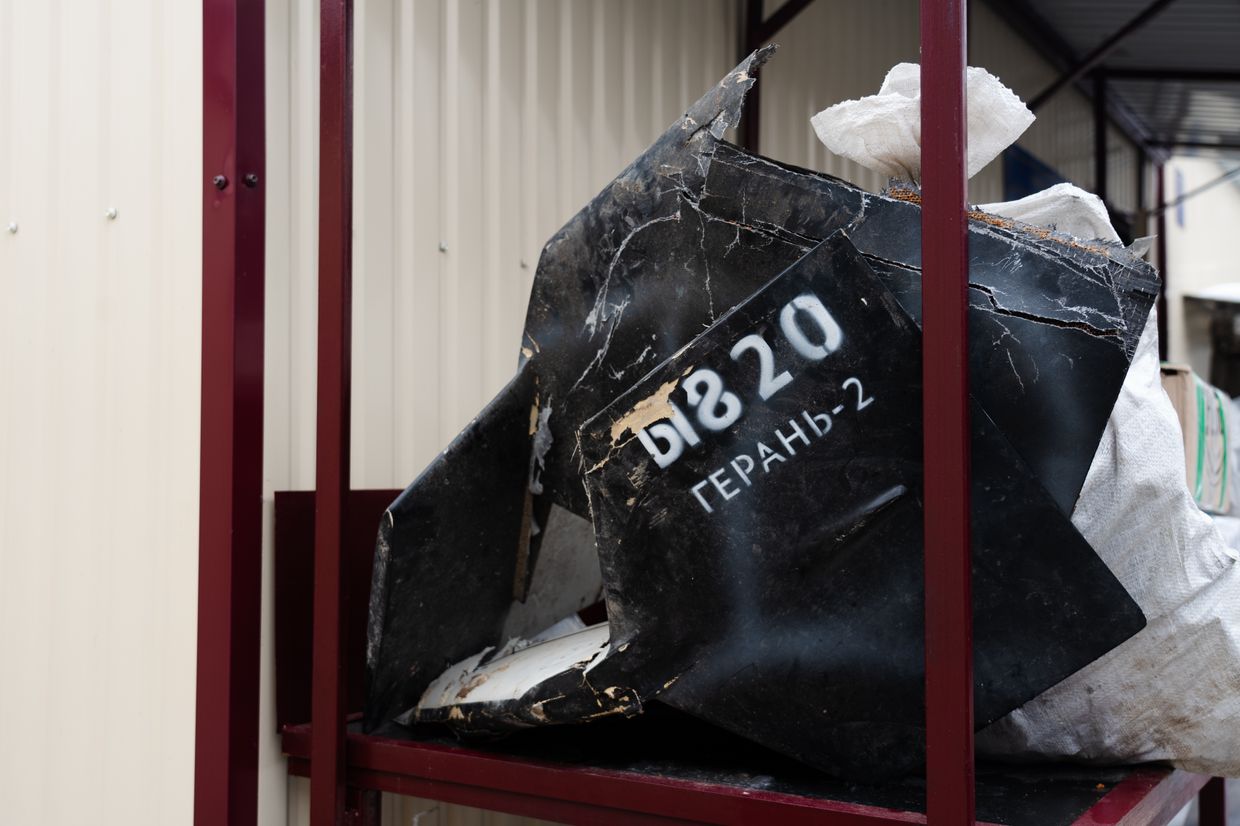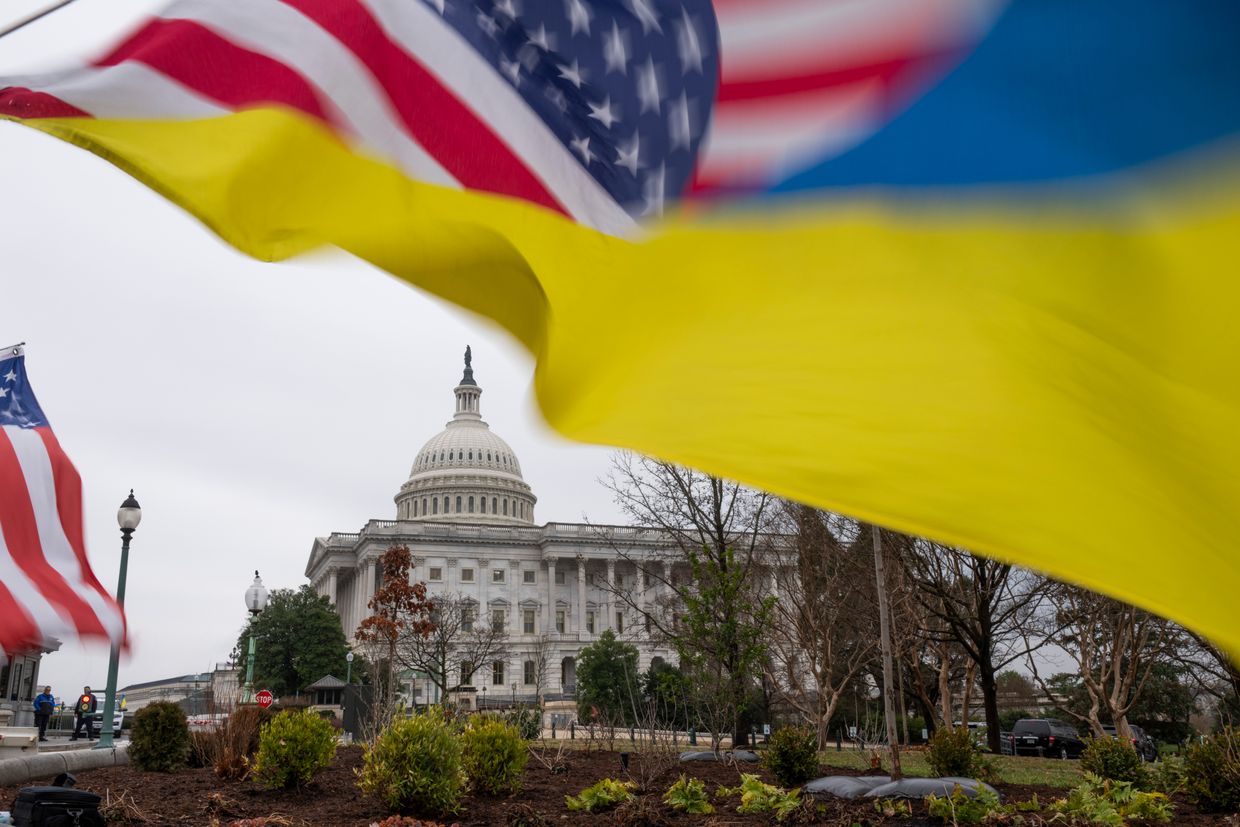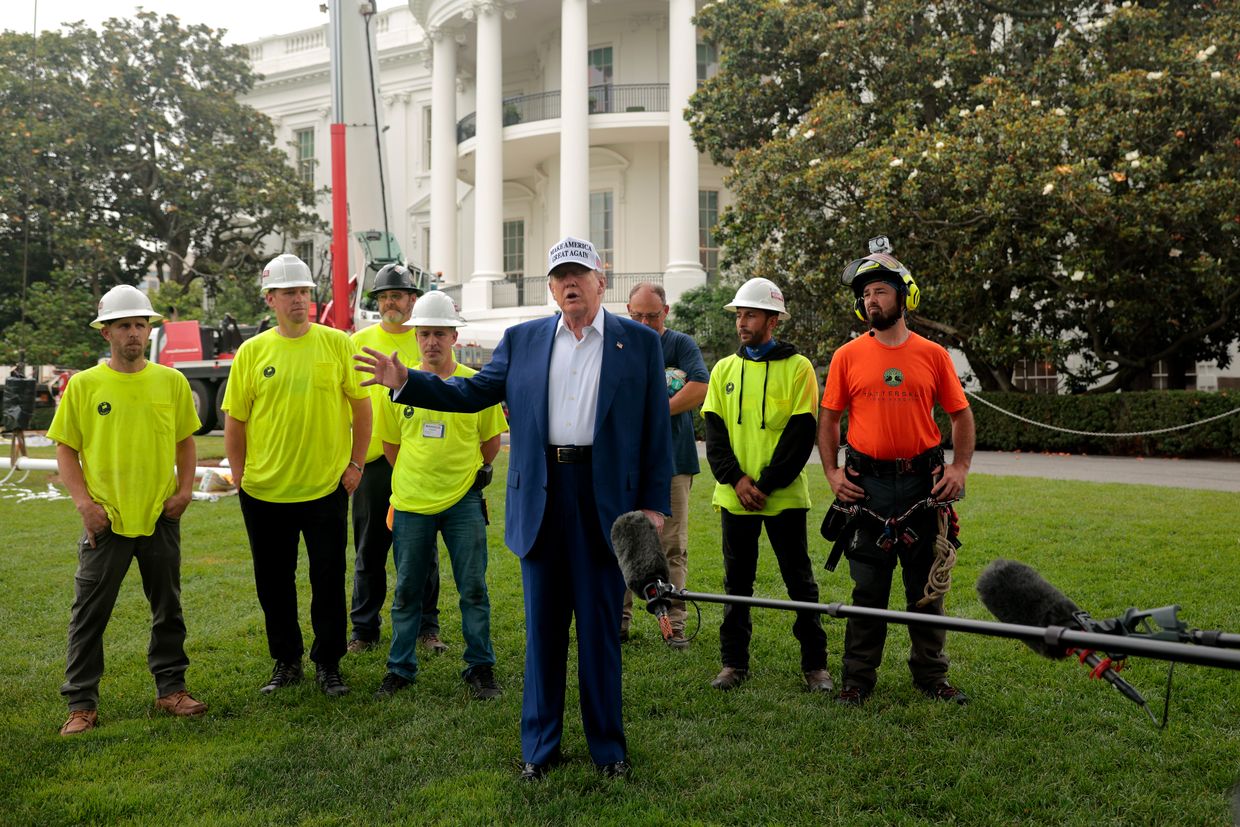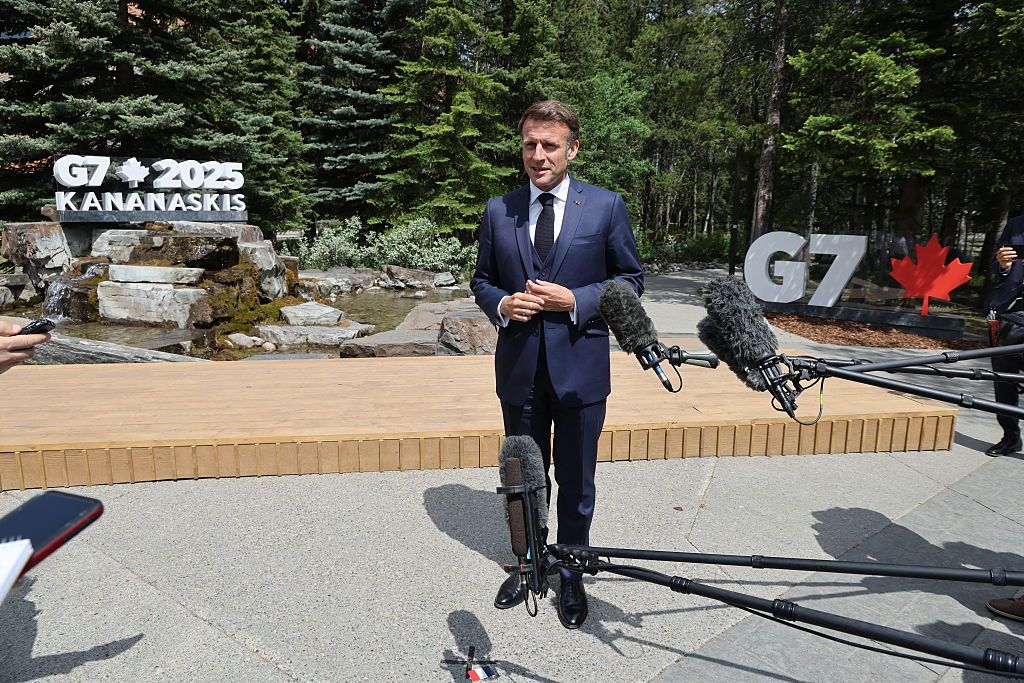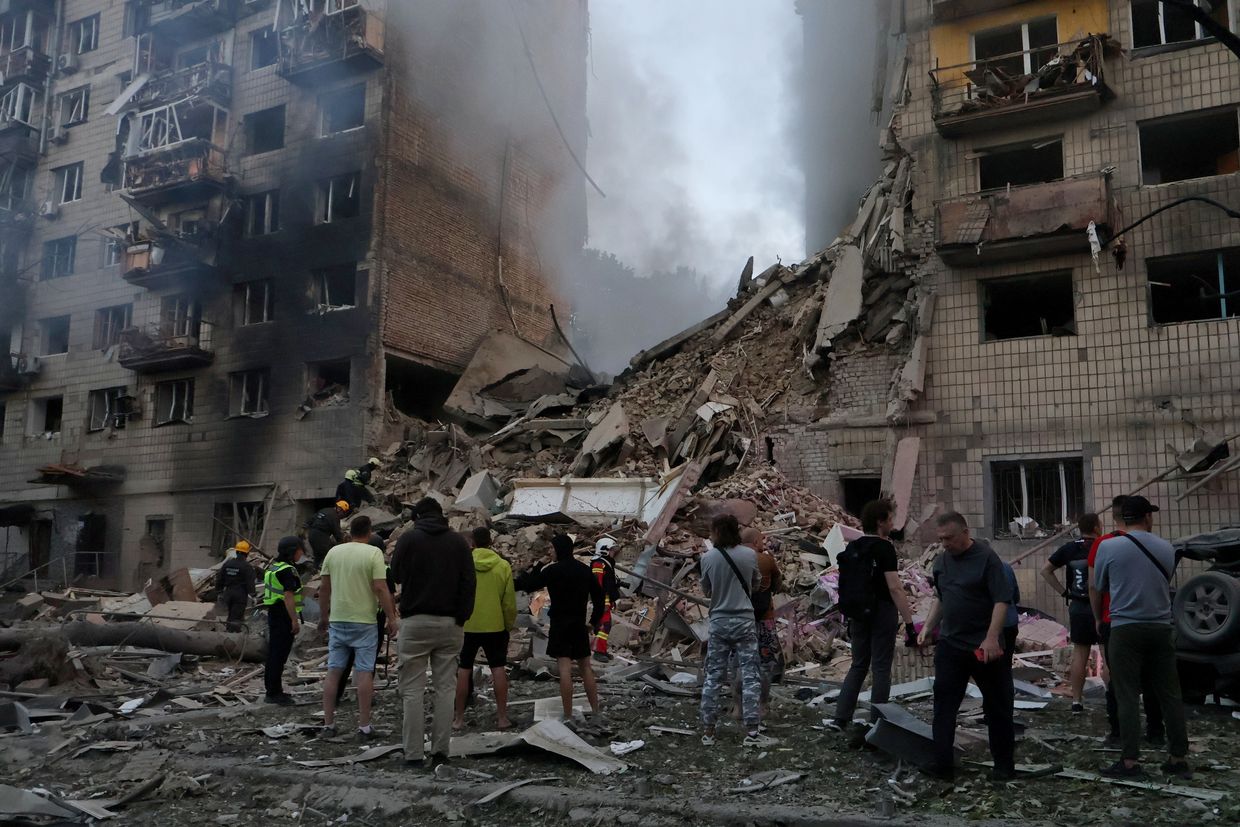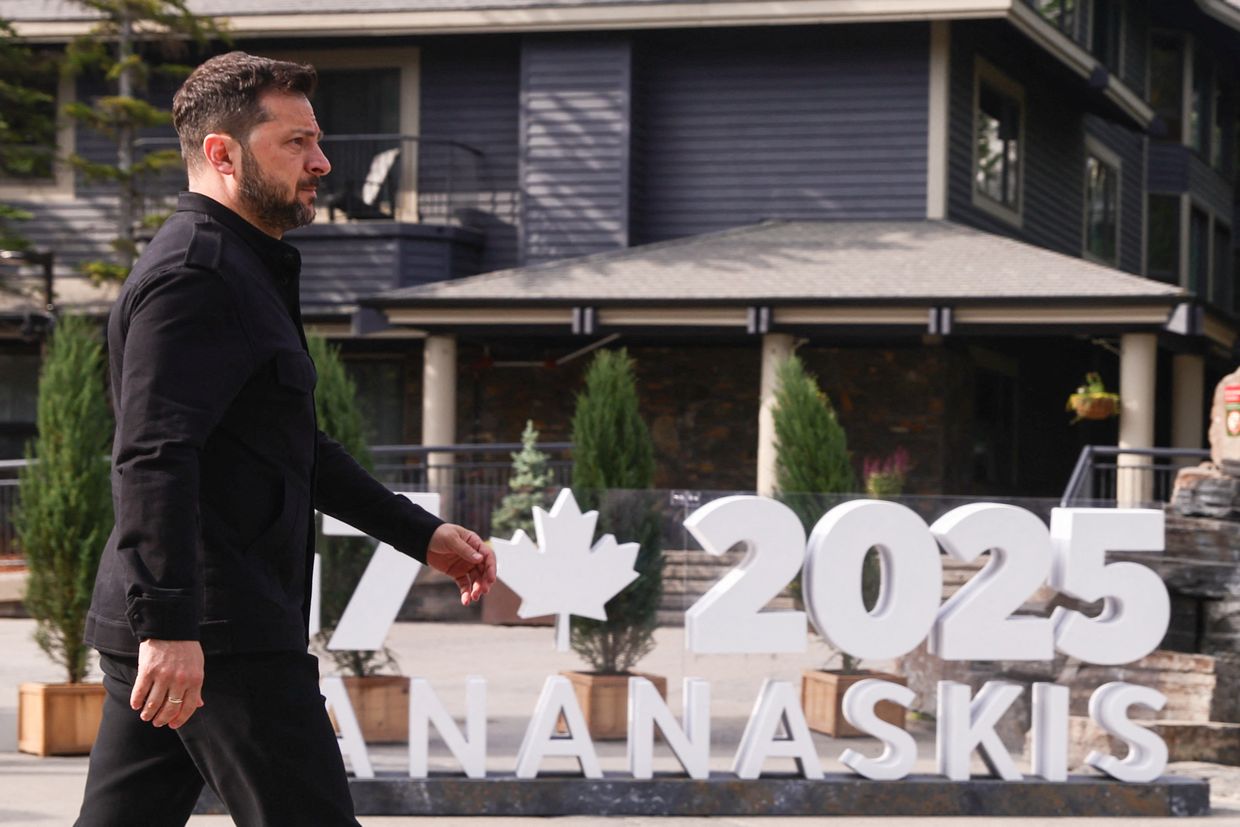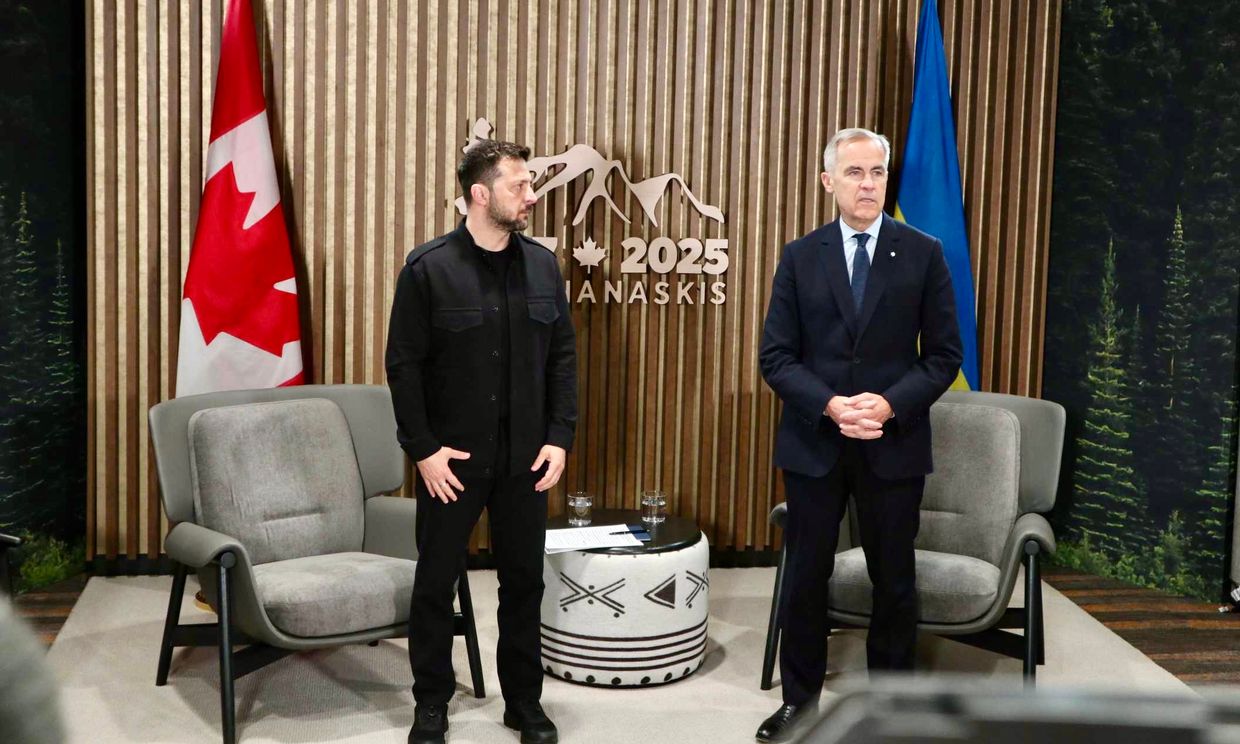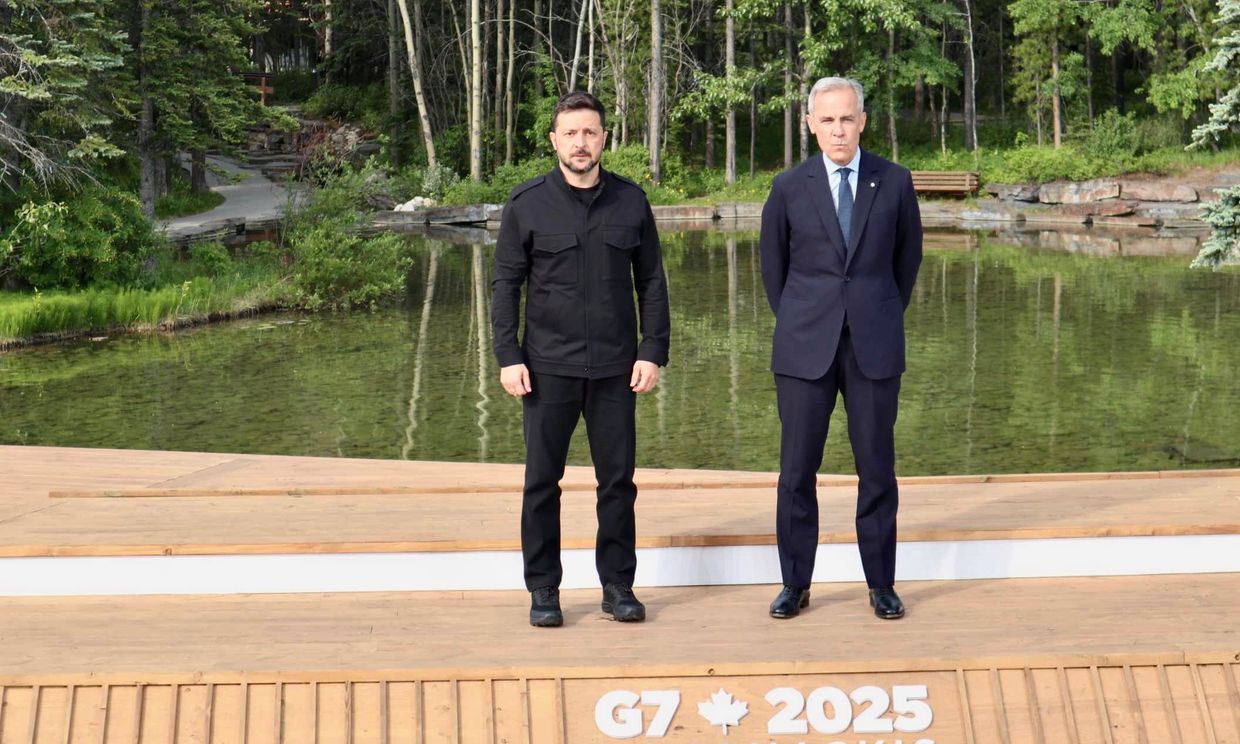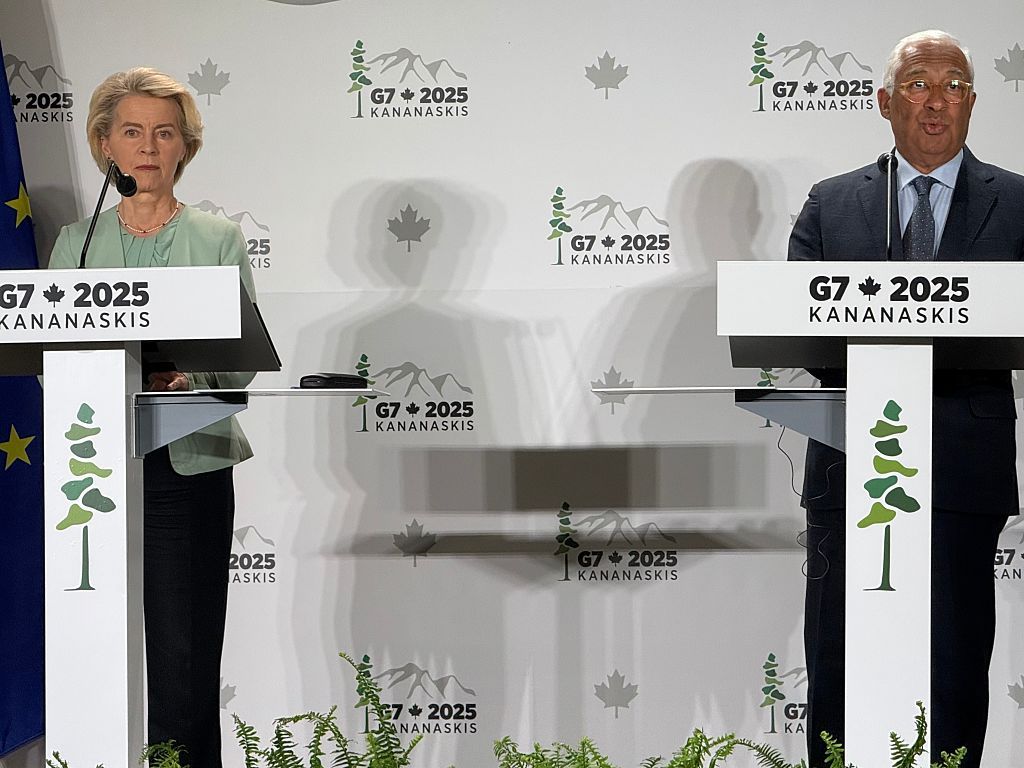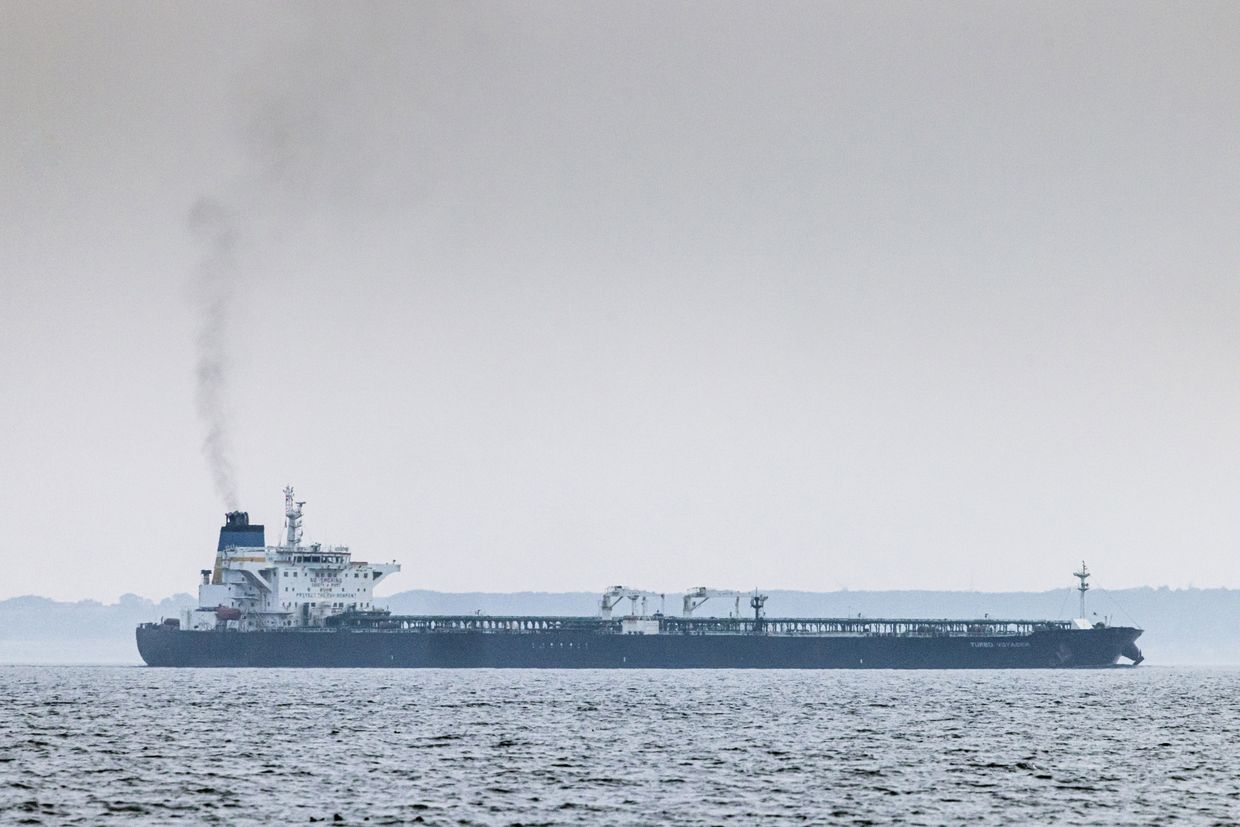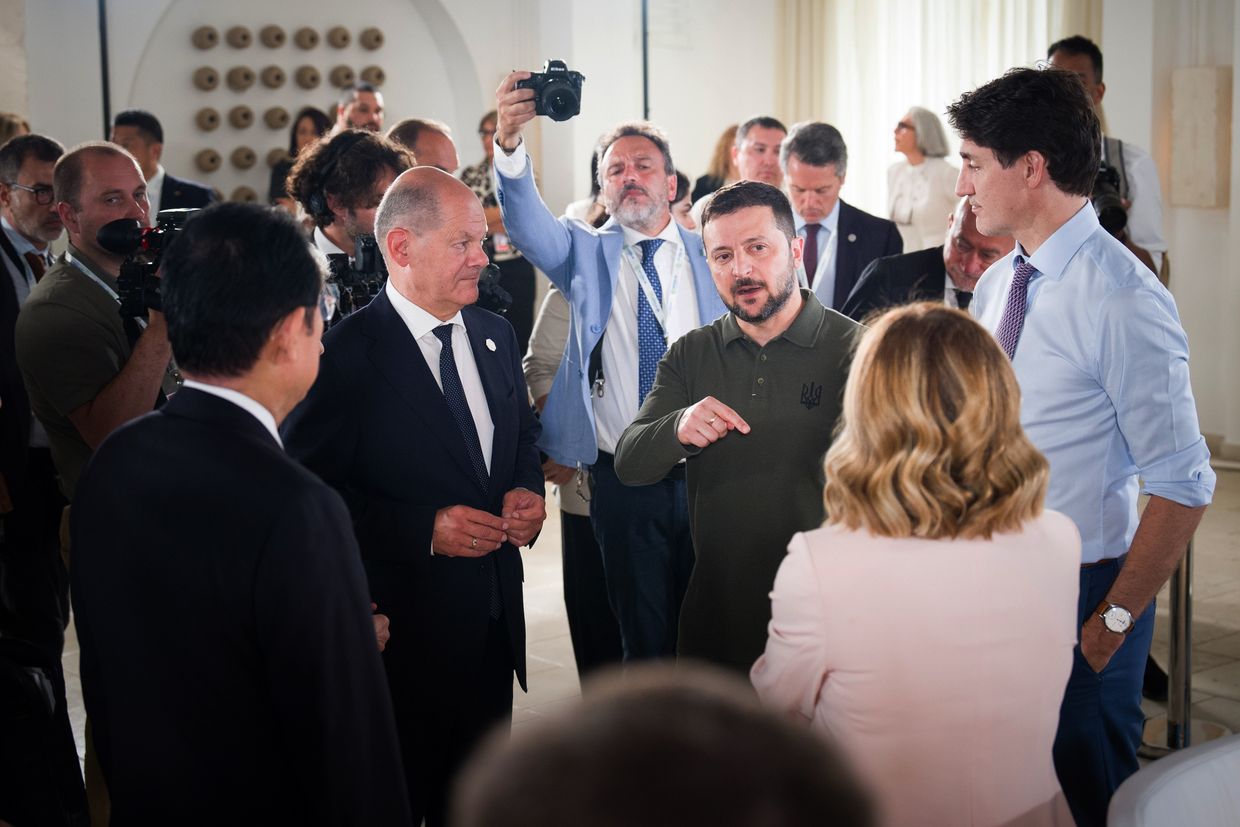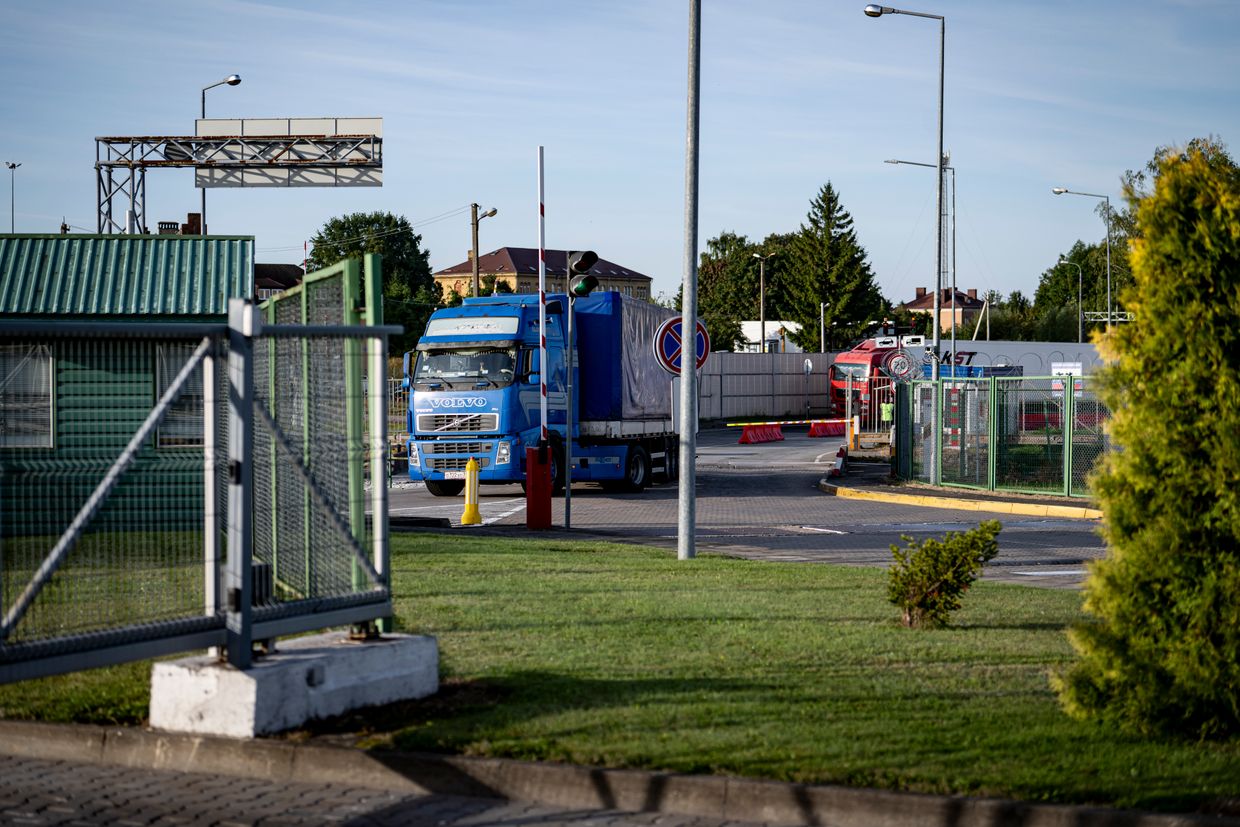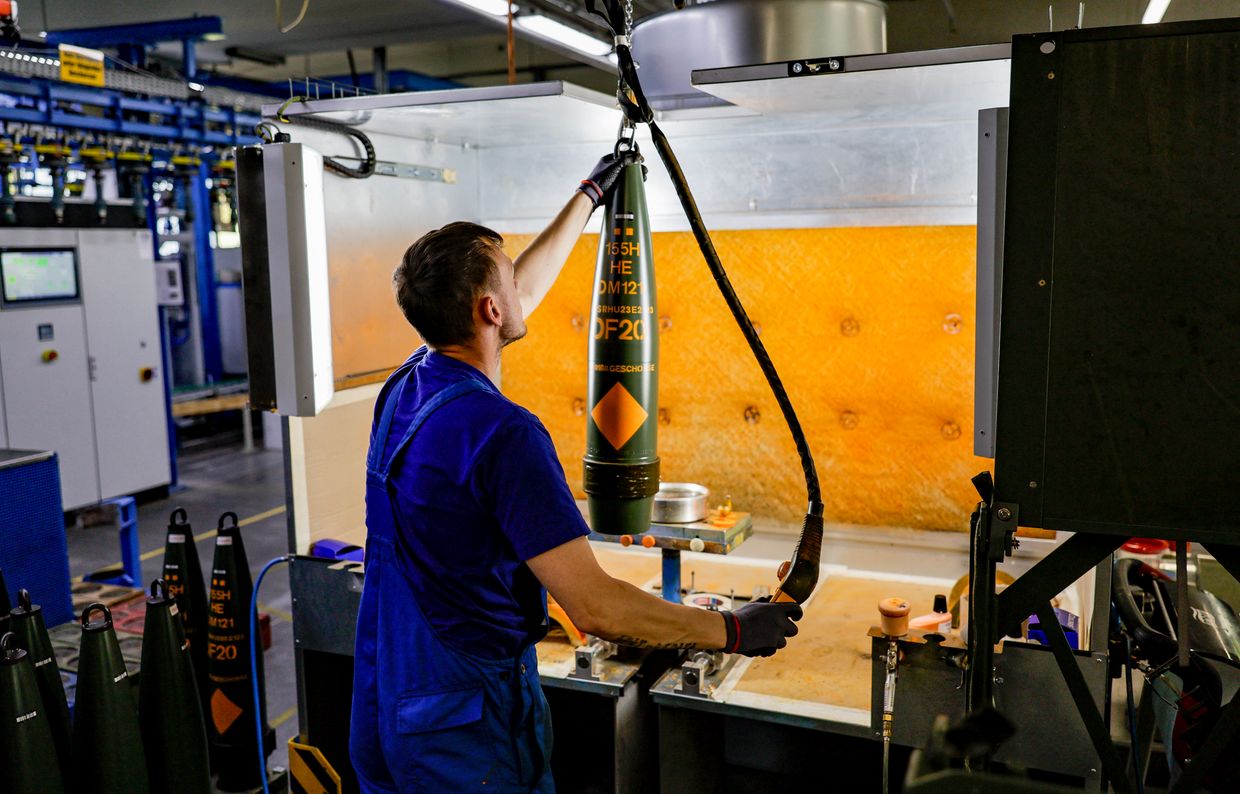Bloomberg thinks Putin finally went too far (he didn’t)

According to a new Bloomberg analysis, Donald Trump outlined specific conditions for imposing “major sanctions” on Russia. At the same time, the European Commission reportedly backs using Moscow’s $330 billion in frozen assets against it.
Both developments follow familiar patterns of Western promises without delivery.
The latest announcements continue a three-year cycle of sanctions rhetoric that has left Ukraine dependent on unfulfilled pledges while Moscow adapts to leaky restrictions.
Since February 2022, Ukrainian officials and ordinary citizens have oscillated between hope and frustration as Western allies announce measures that either never materialize or prove insufficient to change Russia’s strategic calculations.
Trump’s conditional sanctions blueprint
Bloomberg columnist Marc Champion reported on 16 September that Trump posted conditions on Truth Social requiring all NATO members to end Russian oil consumption and join sanctions on China and India before the US would “ramp up sanctions on Moscow.”
This follows Trump’s pattern of shifting responsibility to European allies. Three days earlier, Euromaidan Press reported Trump writing that “major sanctions” would come only if NATO countries acted in concert—the exact framework Bloomberg now highlights as potentially significant.
Trump’s conditions effectively create multiple veto points: Hungary and Slovakia continue importing Russian oil through the Druzhba pipeline, making unanimous NATO action unlikely.
Sanctioning China and India—Russia’s largest oil customers—would require economic disruption that Western allies have consistently avoided.
European asset seizure remains hypothetical
Bloomberg’s analysis suggests the European Commission has finally backed a mechanism to use Russia’s frozen central bank reserves by converting them to loans “repayable to Russia just as soon as it pays the reparations that a United Nations-appointed commission will inevitably find due.”
This represents all too familiar EU legal gymnastics around asset seizure.
As Euromaidan Press documented already in May, Europe proved capable of seizing Russian assets when Western financial interests were at stake, redistributing €3 billion to compensate European investors—but not for Ukraine’s defense needs.
The vulnerability window Russia exploits
Bloomberg correctly identifies Russia’s economic vulnerabilities: 42% to 54% of defense spending occurs off-budget, corporate debt has surged 71% since the war began, and interest rates have reached 21%. Ukraine’s drone campaign has damaged Russian oil infrastructure, creating potential leverage points.
But here’s what Bloomberg misses: Russia doesn’t play by Western economic rules.
Moscow continues escalating despite financial constraints because sanctions loopholes still allow access to critical technology (even if at inflated prices), the military remains functional even as civilian sectors suffer, and Russia has adapted to operating a war economy where normal financial logic doesn’t apply.
Most critically, Russia plays for long-term exhaustion—not just of Ukrainian forces, but of Western political, moral, and economic resilience.
Ukraine’s dependence on unfulfilled promises
Bloomberg gets one more thing right—Ukraine depends on Western pressure that never really materializes. Recent Euromaidan Press coverage shows sanctions preparation without implementation, asset freezing without seizure, and conditional promises that require unlikely cooperation.
This, in turn, creates the psychological tension that Bloomberg misses: Ukrainian officials and citizens experience hope and anxiety with each new Western announcement, knowing that implementation depends on inconsistent political will.
At the same time, Putin’s math is simple: Western threats keep proving hollow. Why change course now?
Until sanctions are implemented rather than announced, Moscow has little reason to change course.
